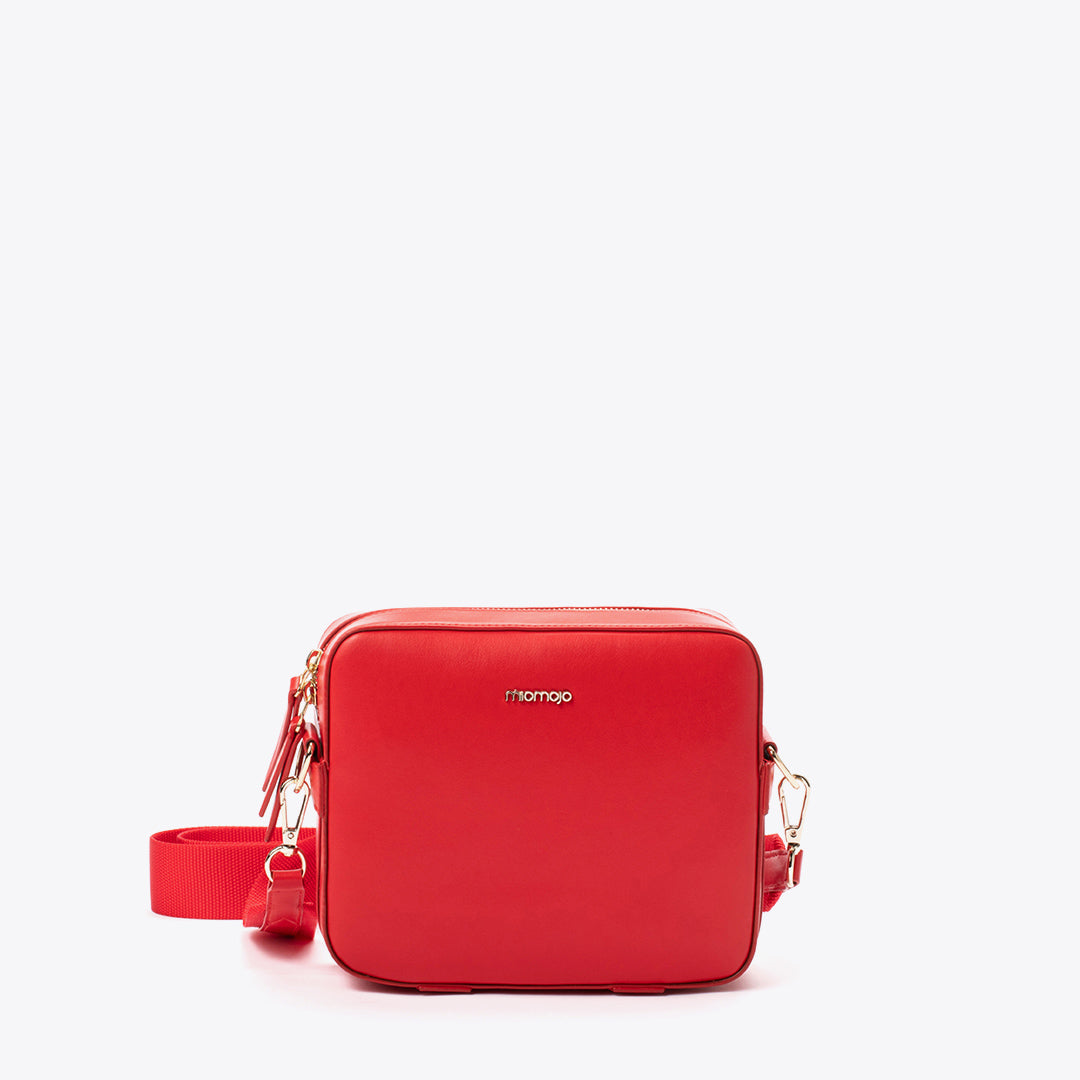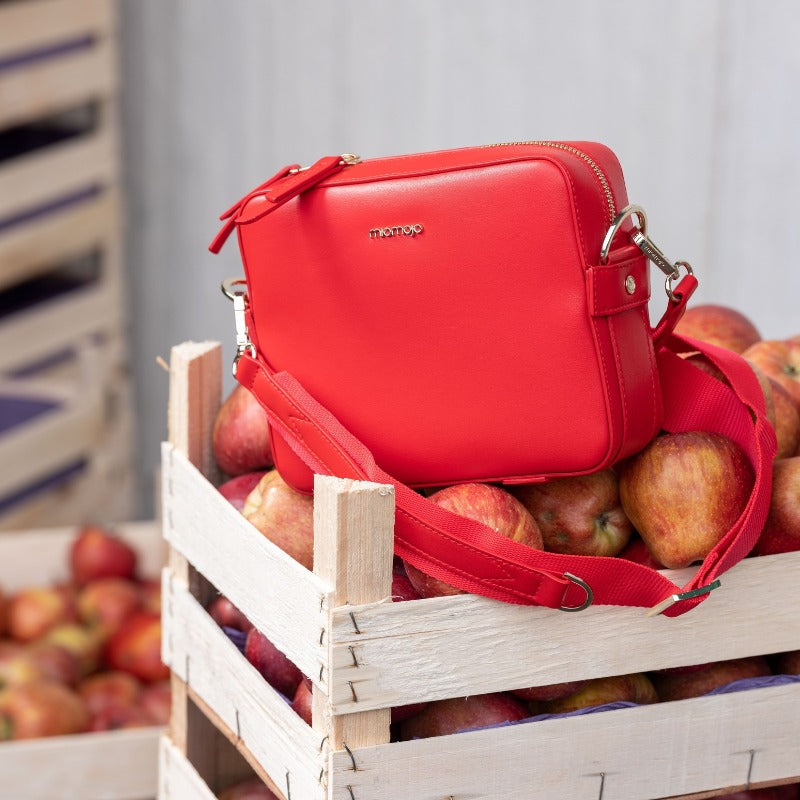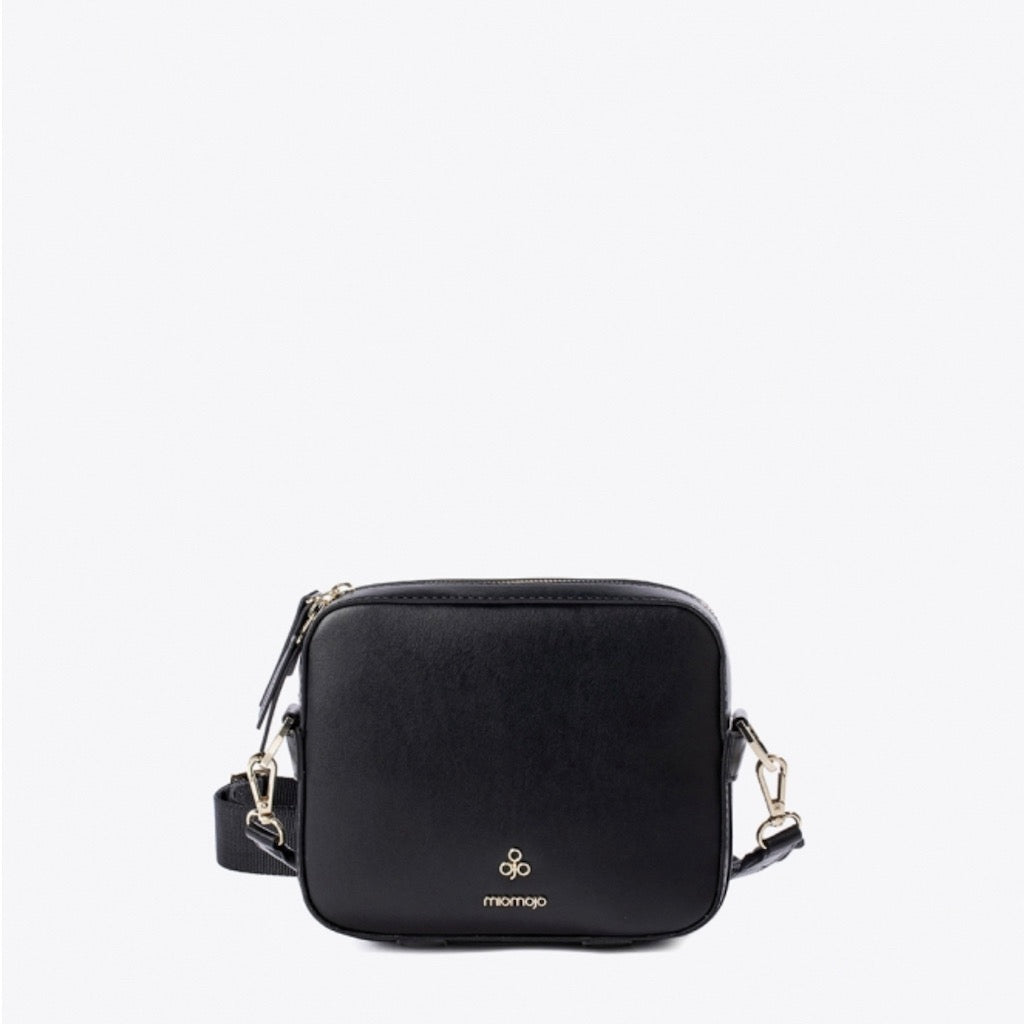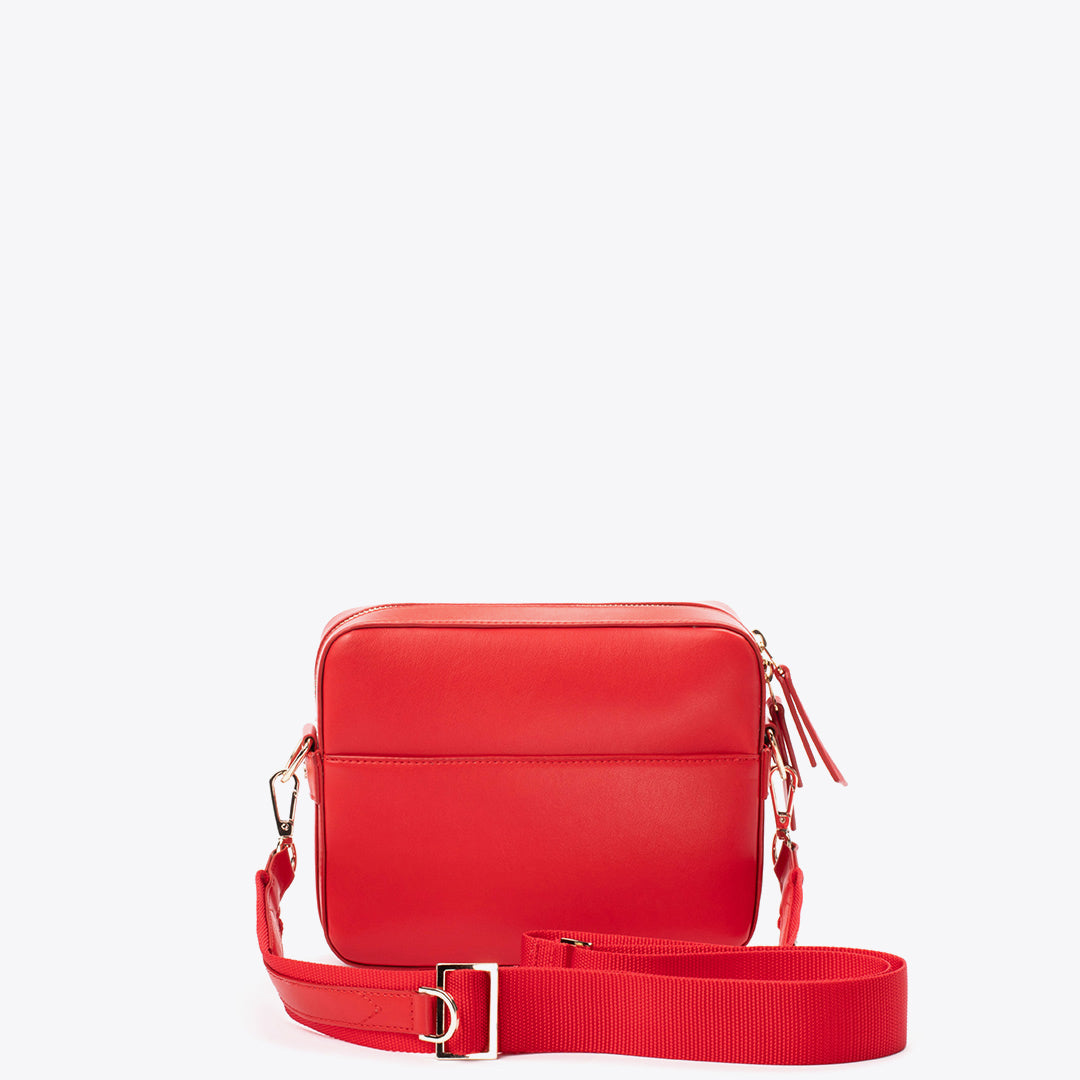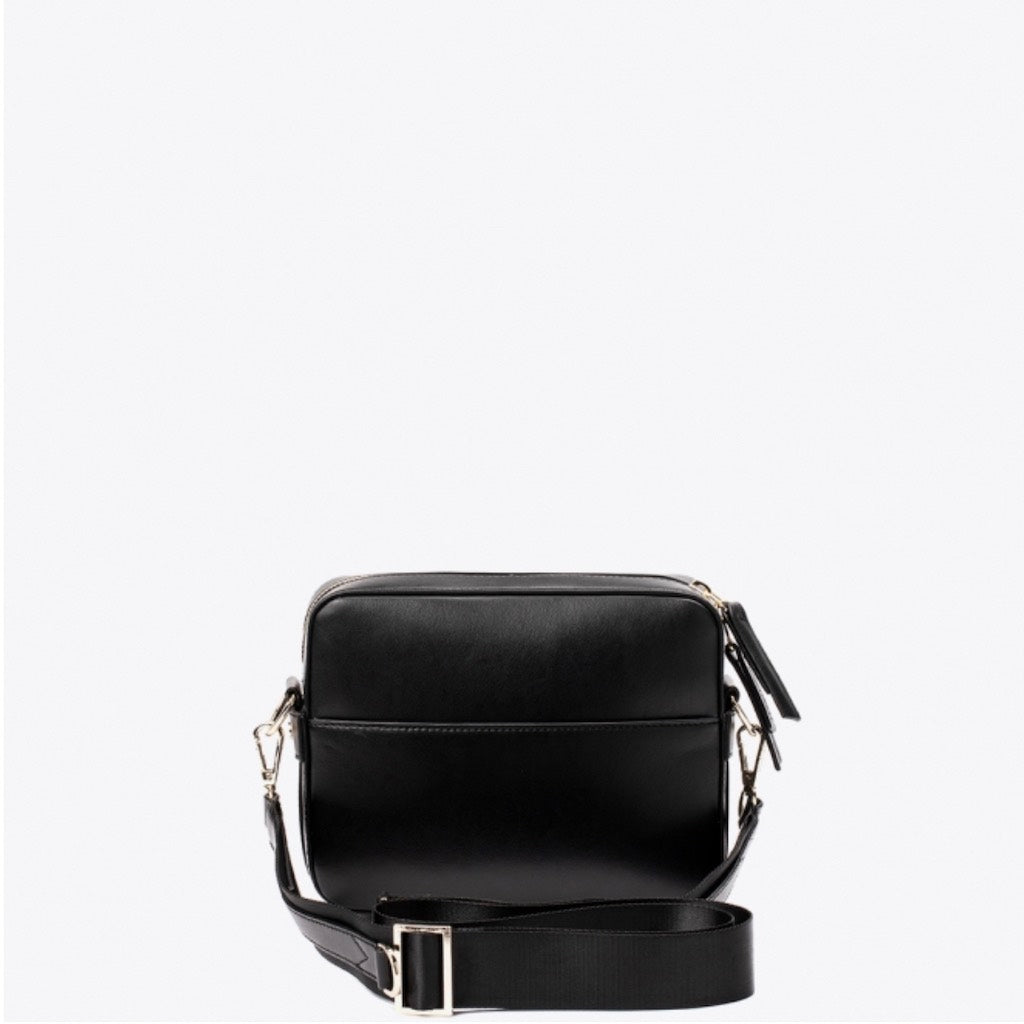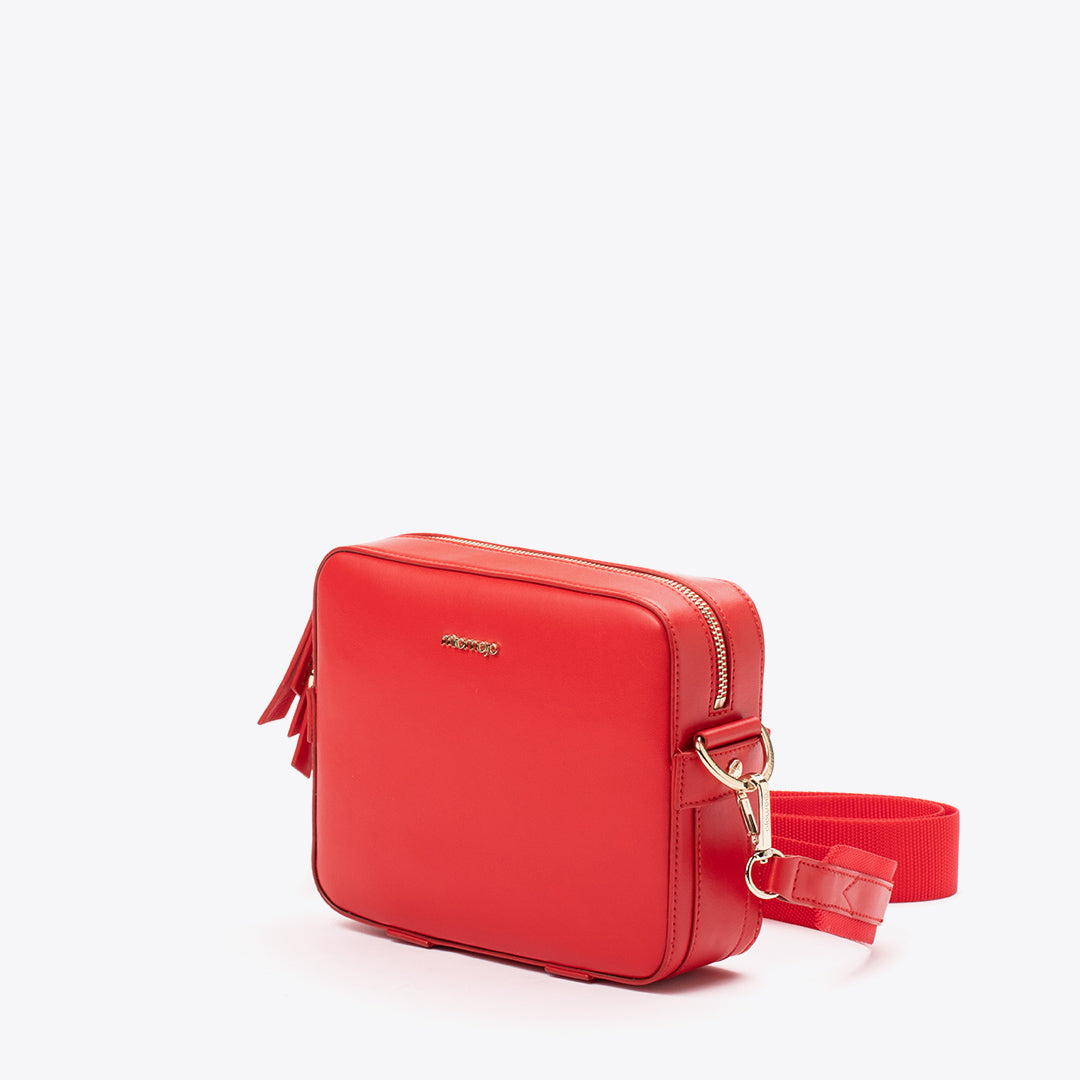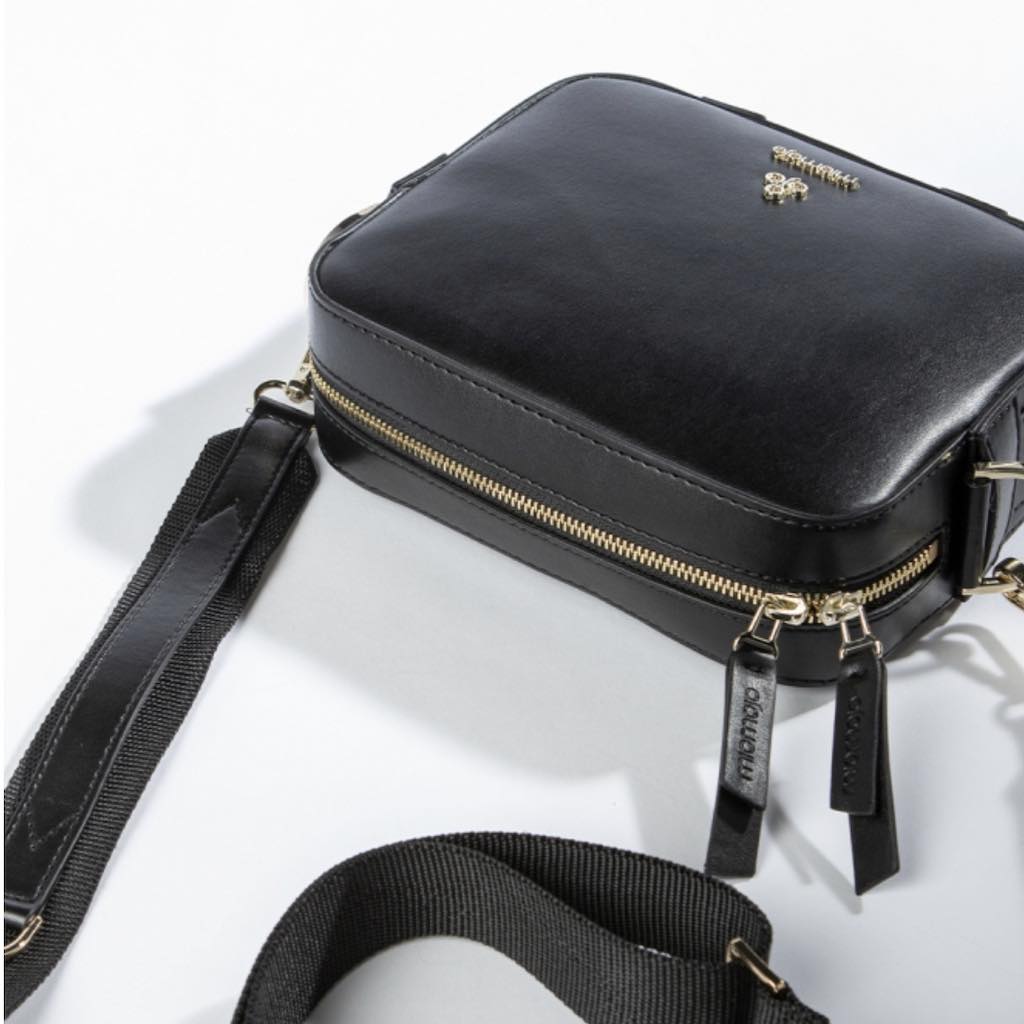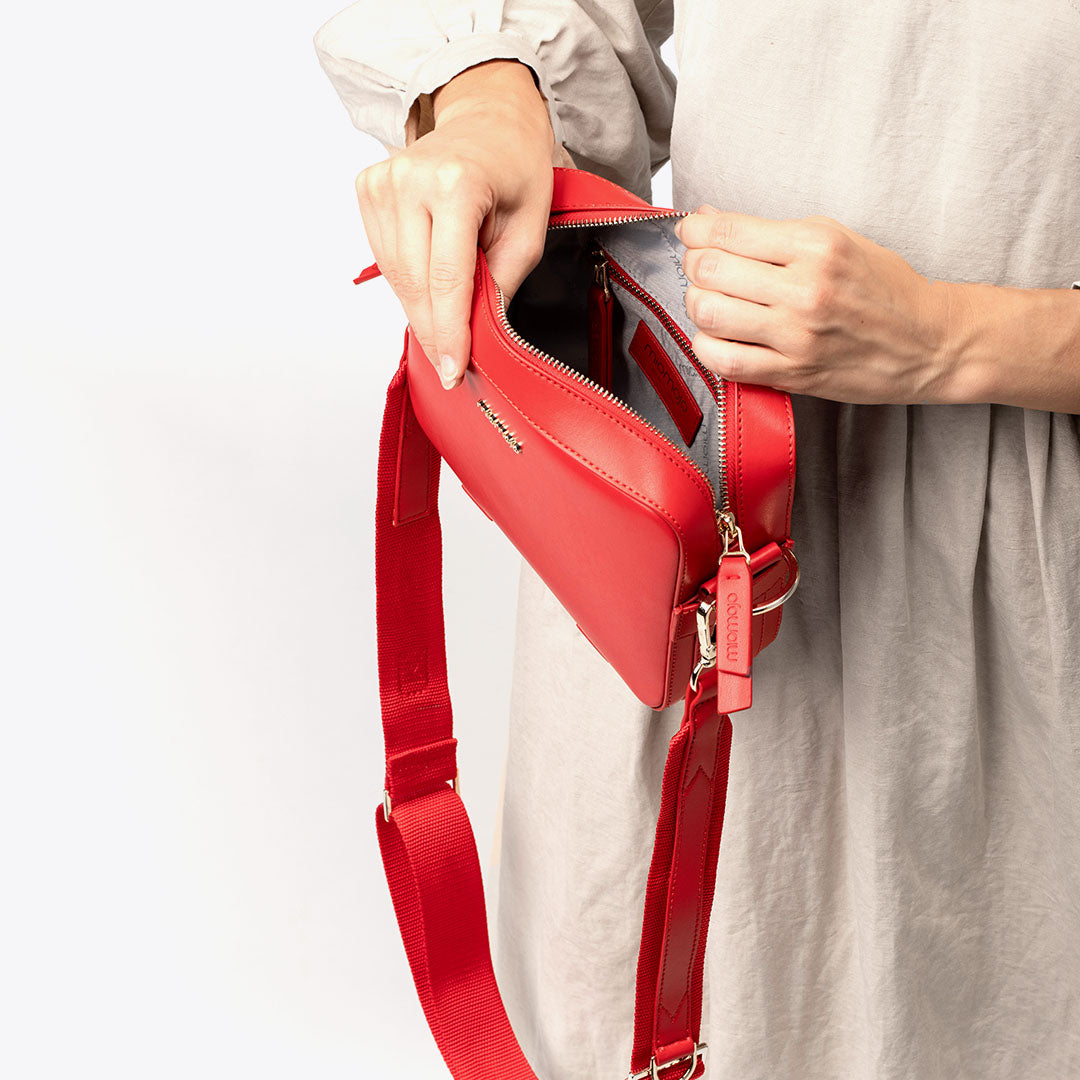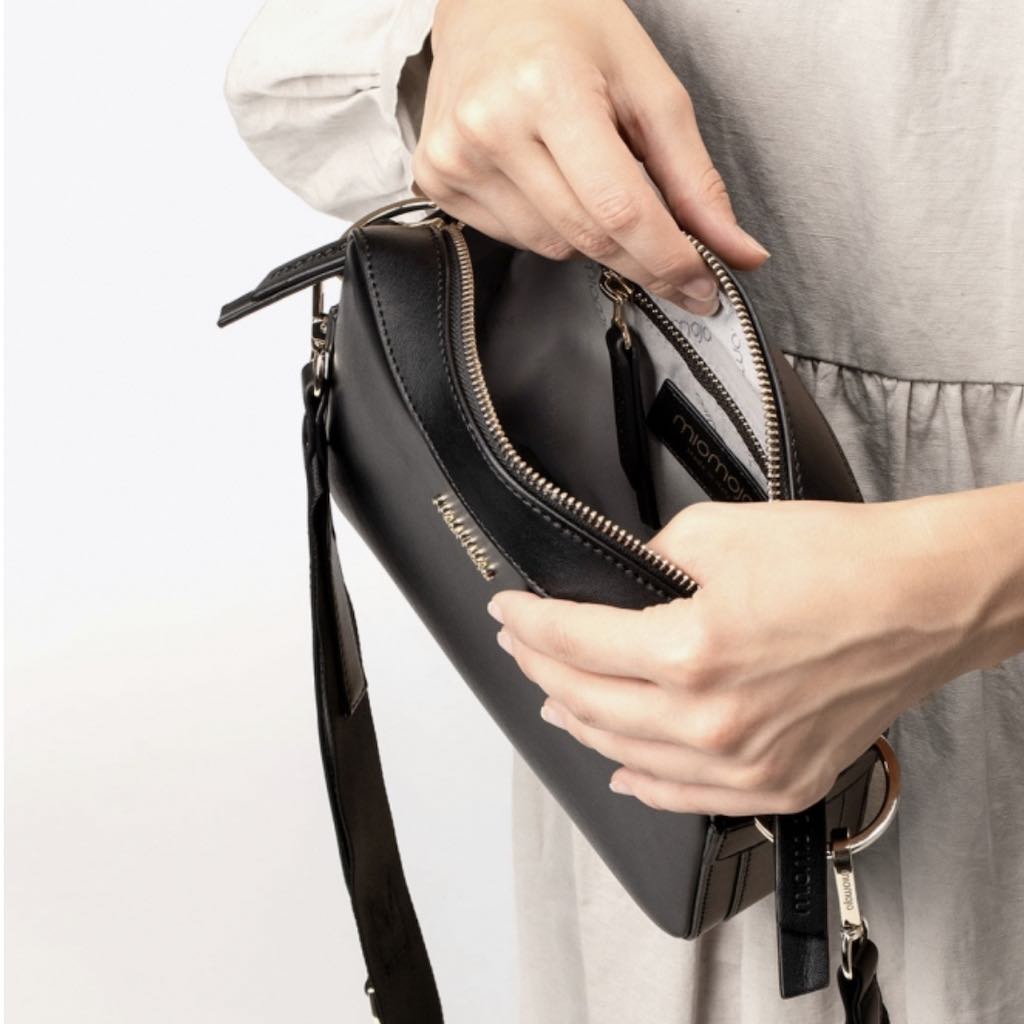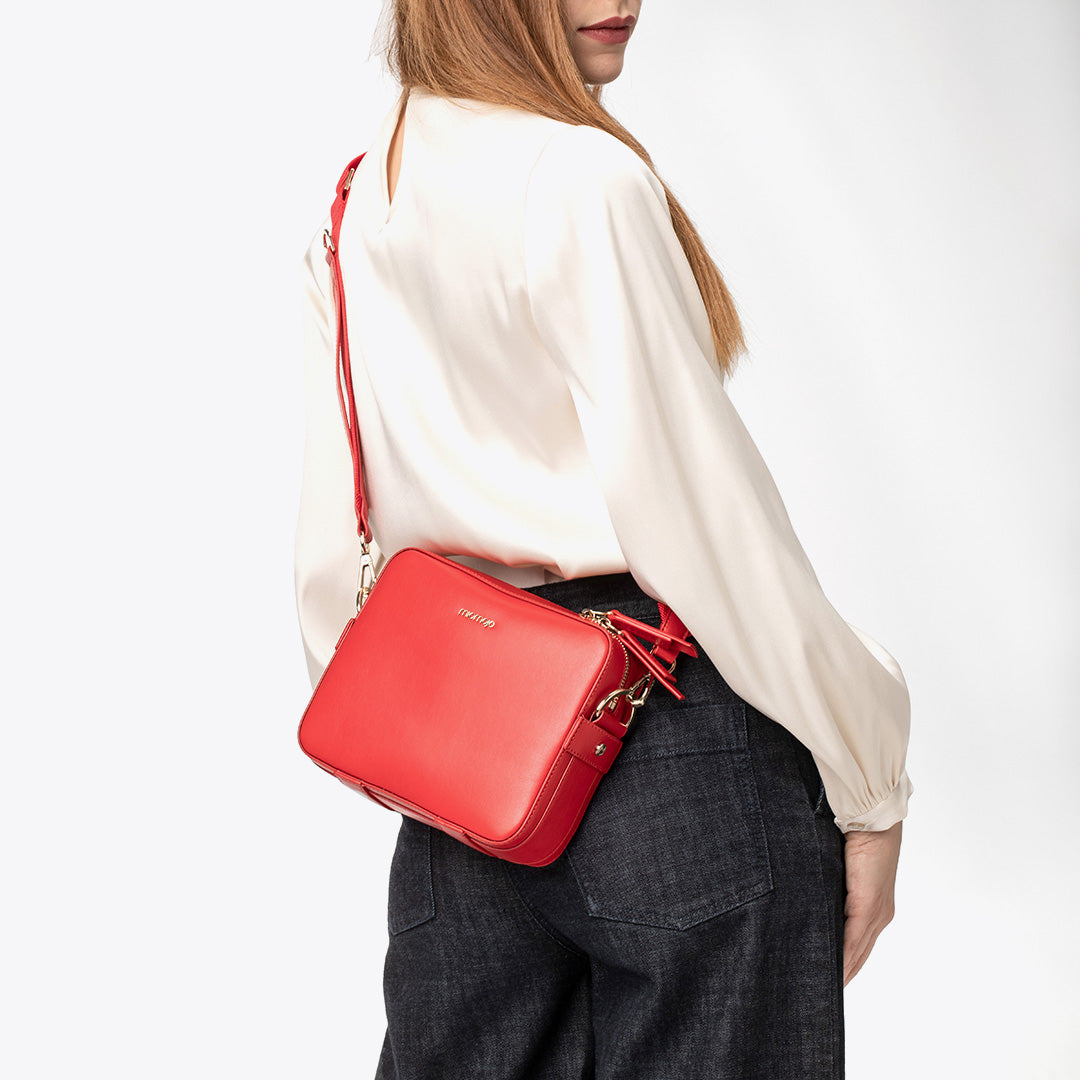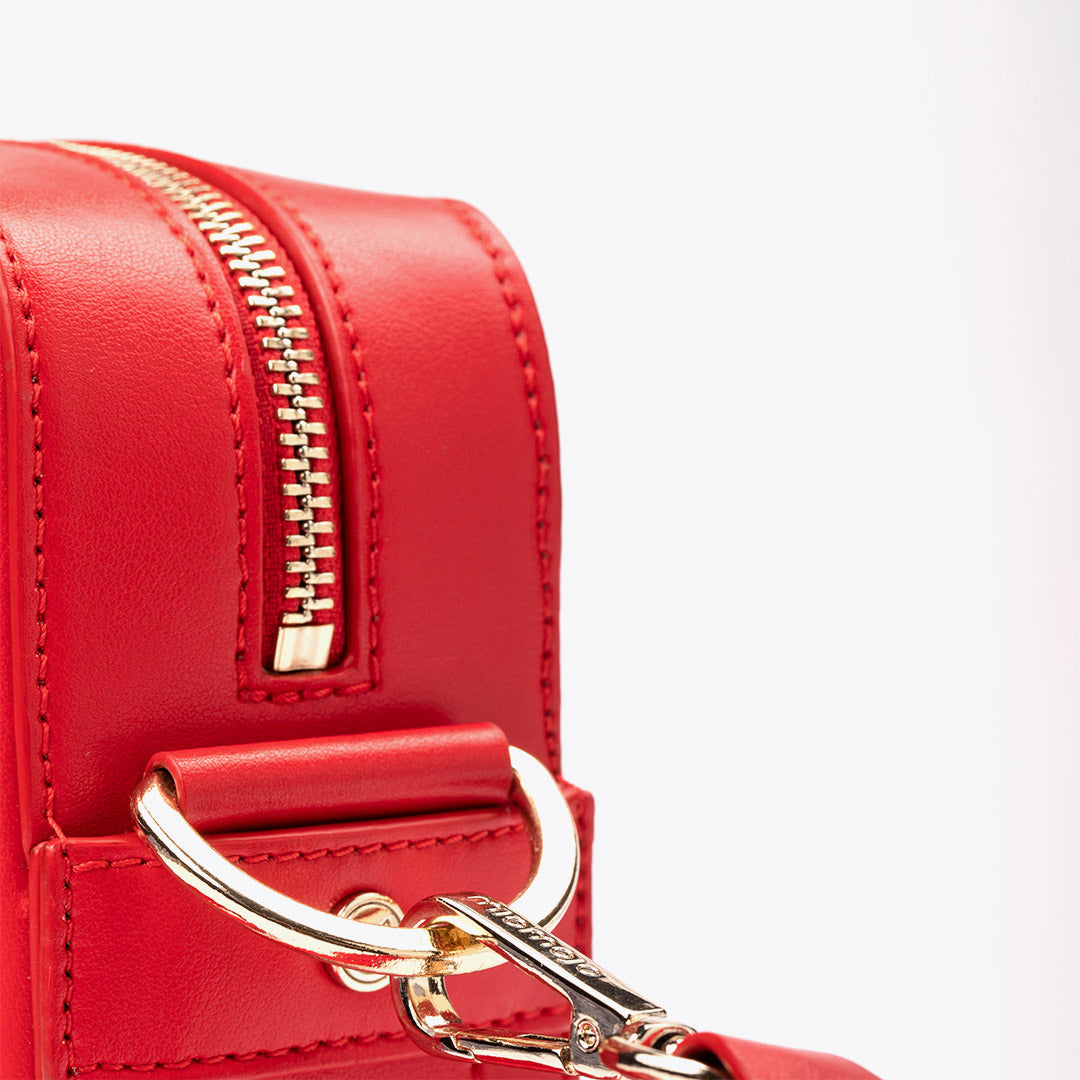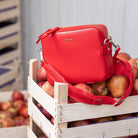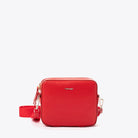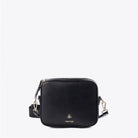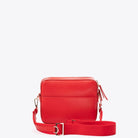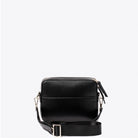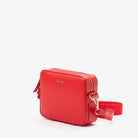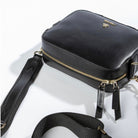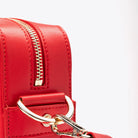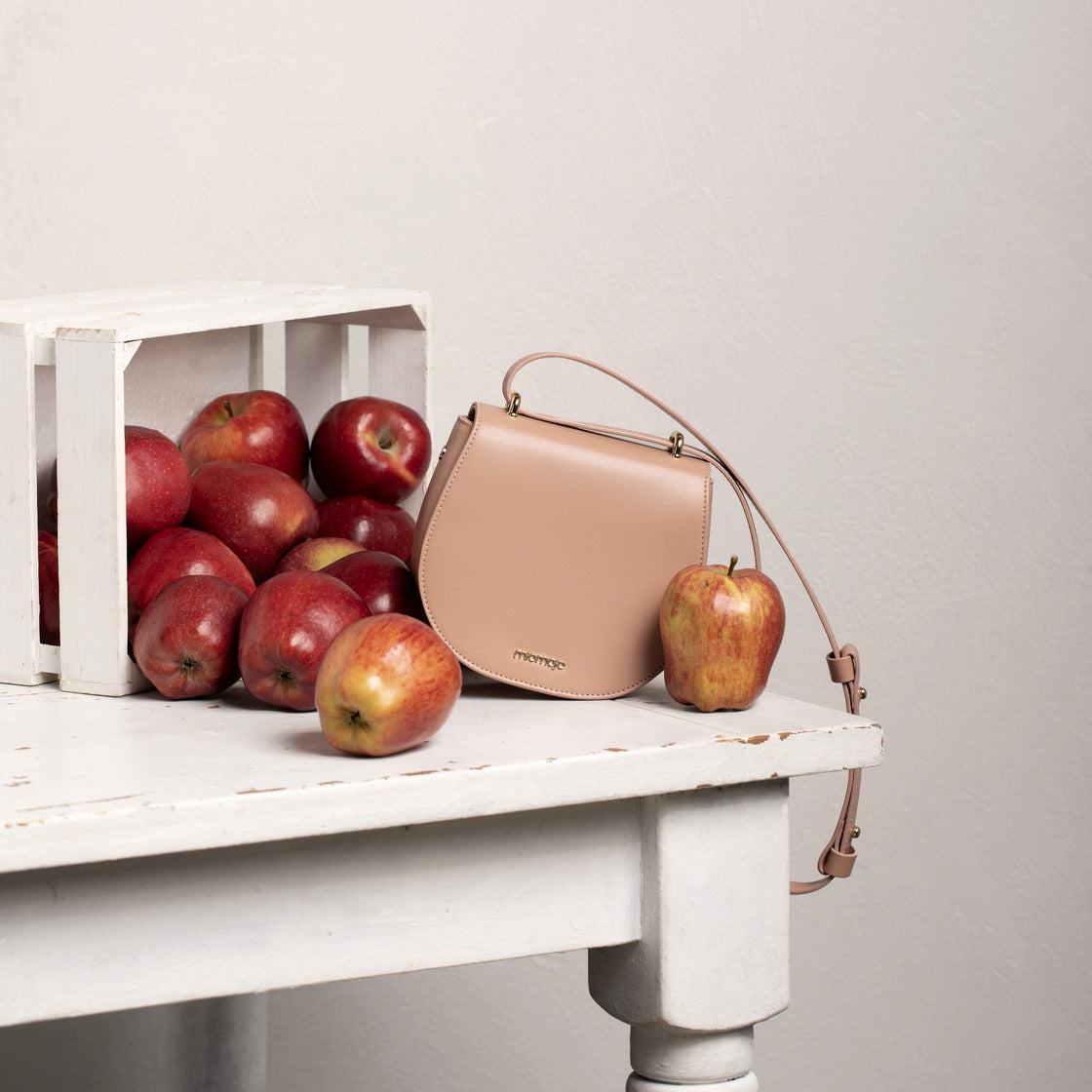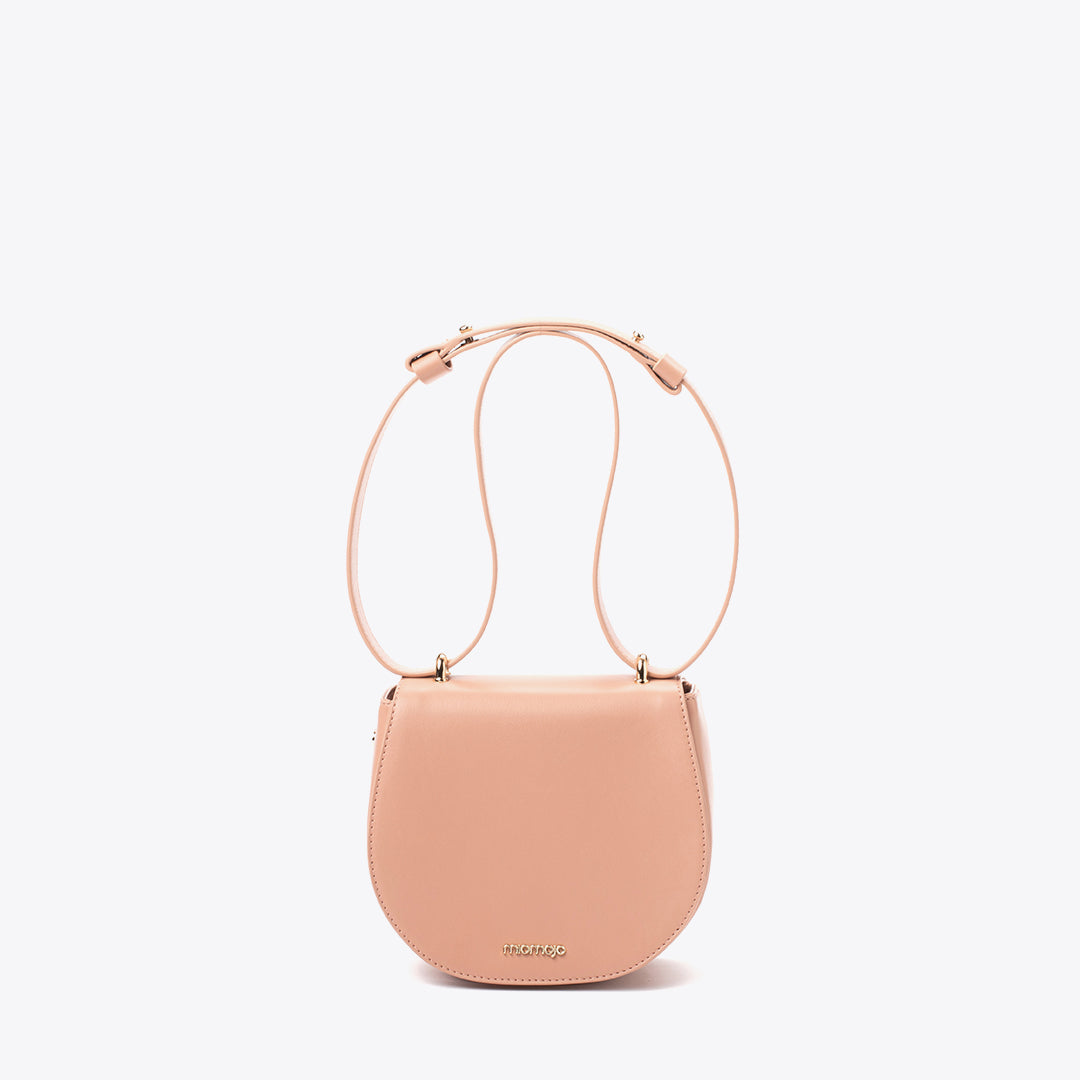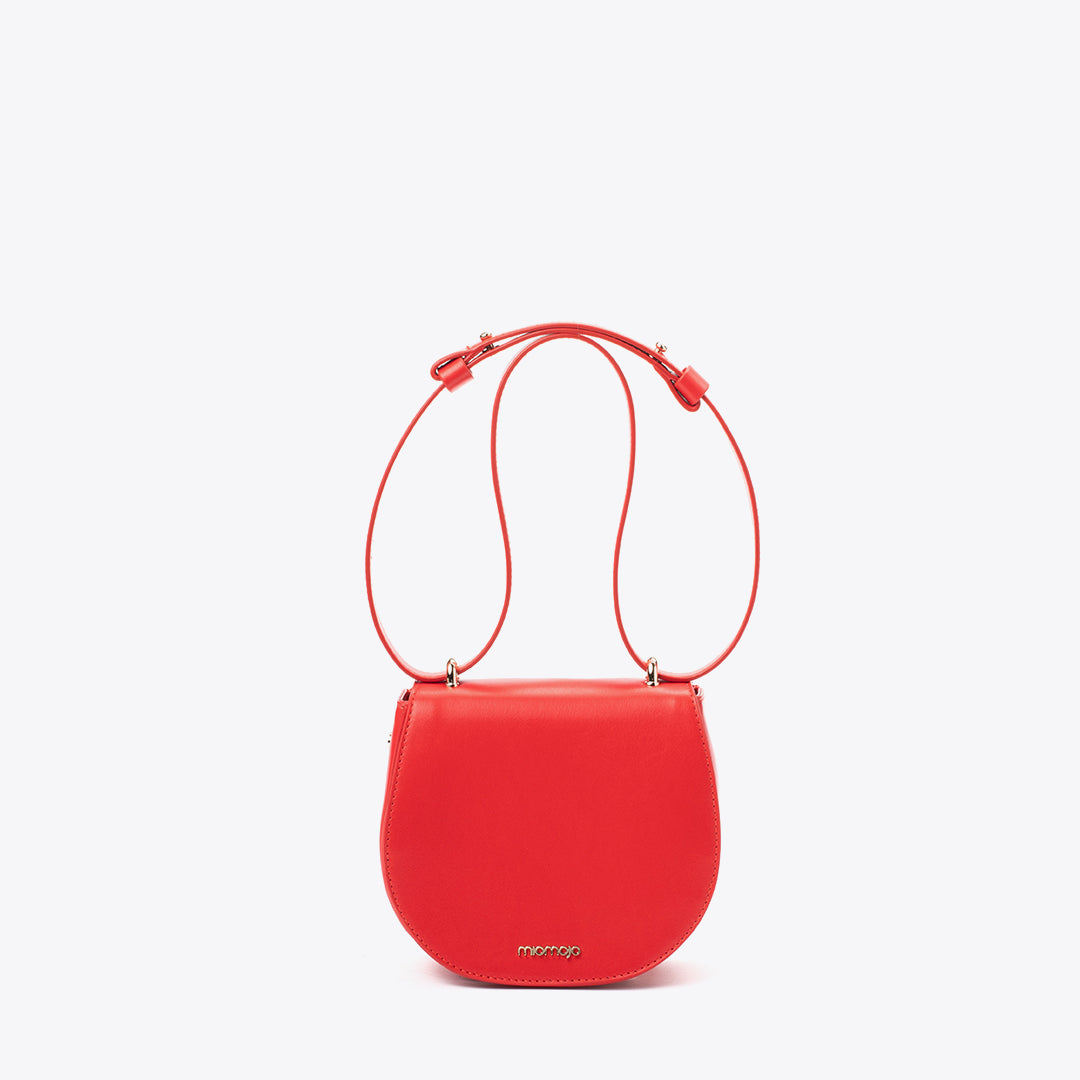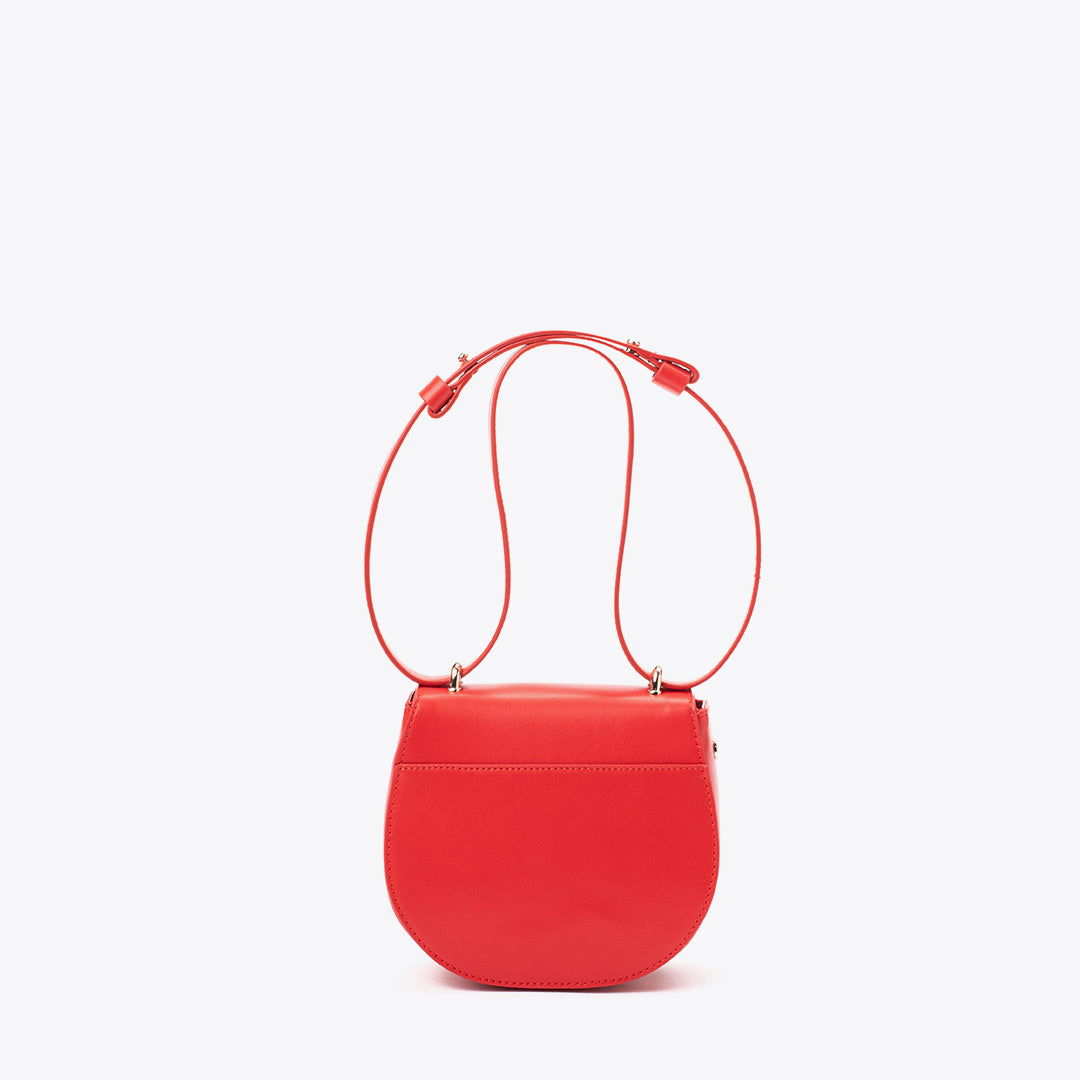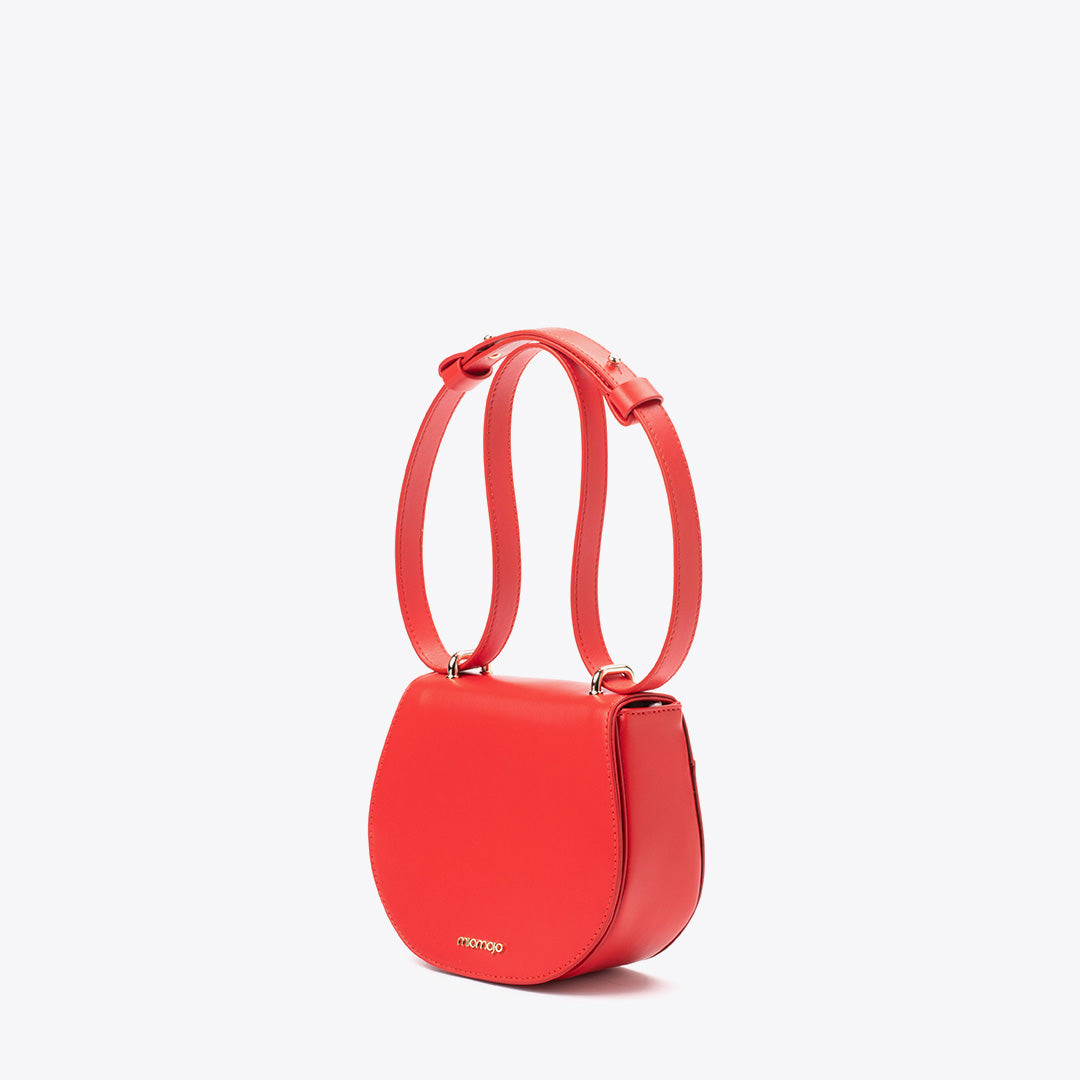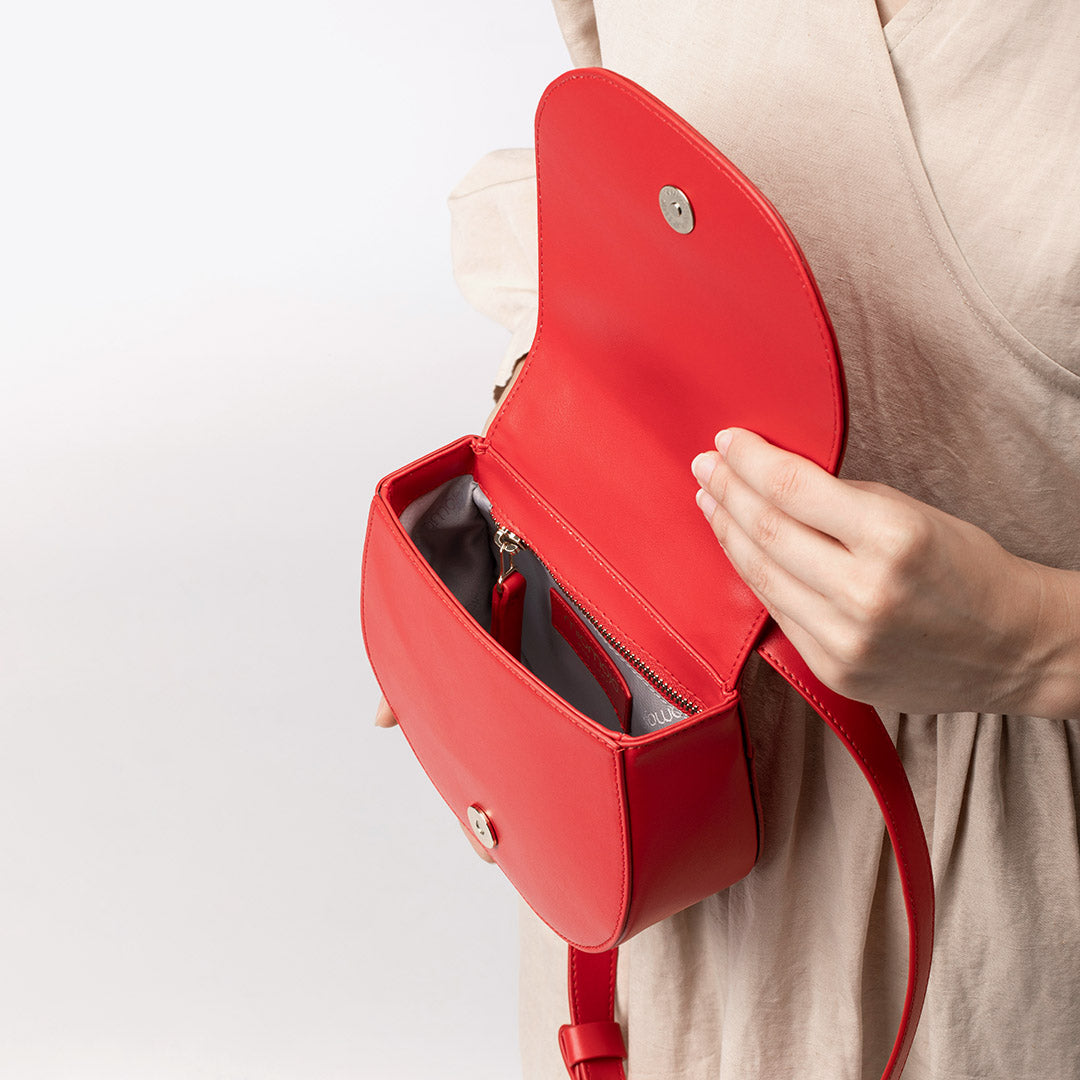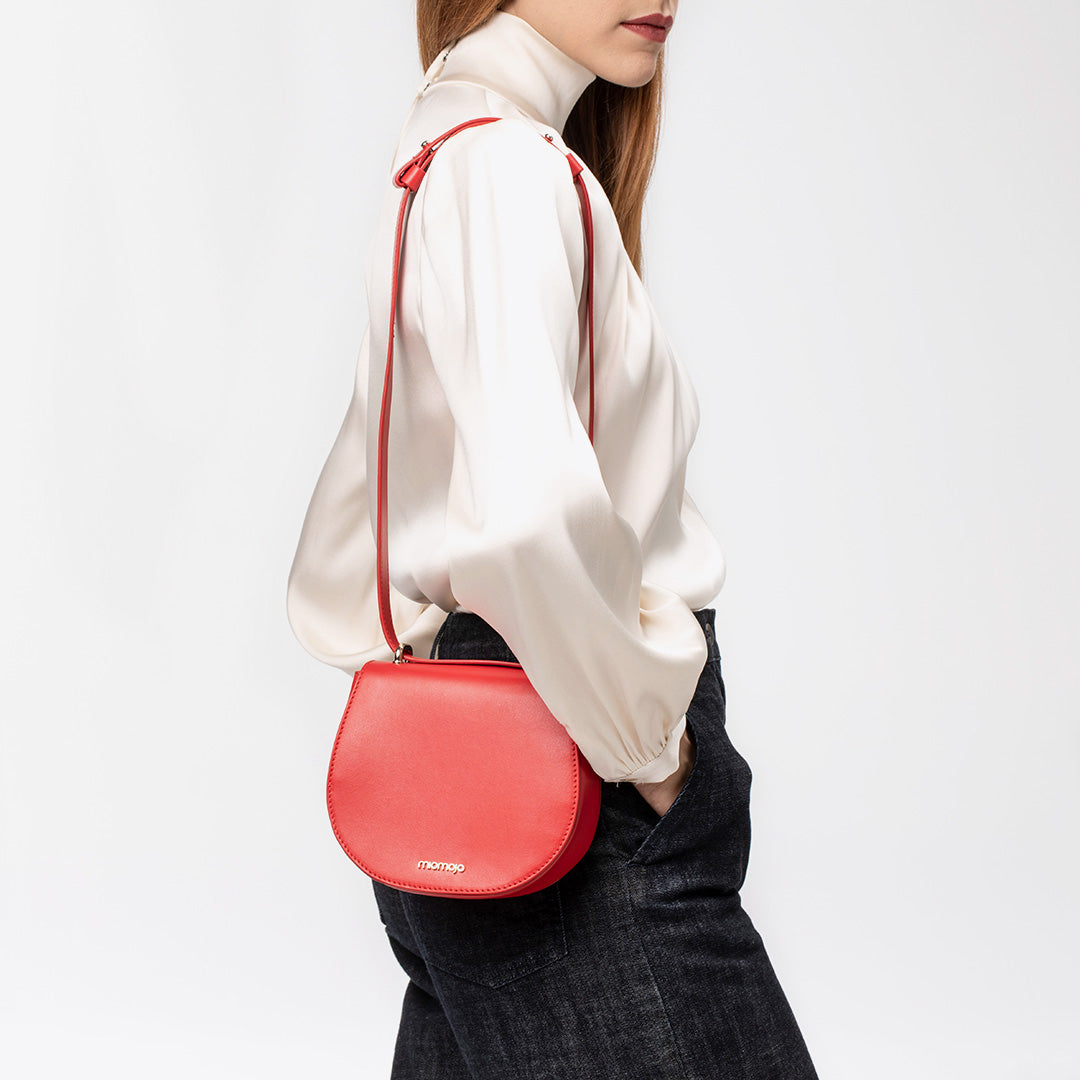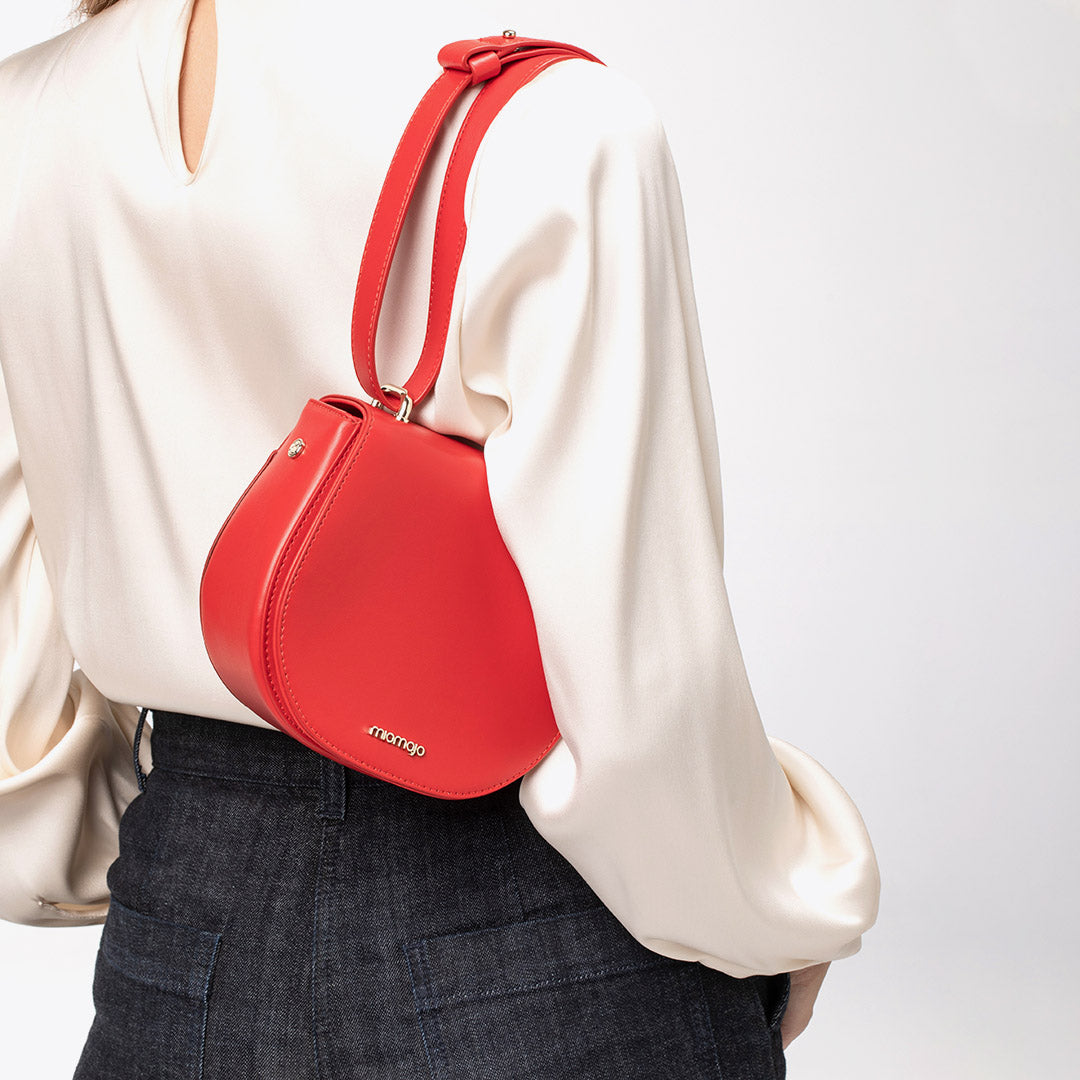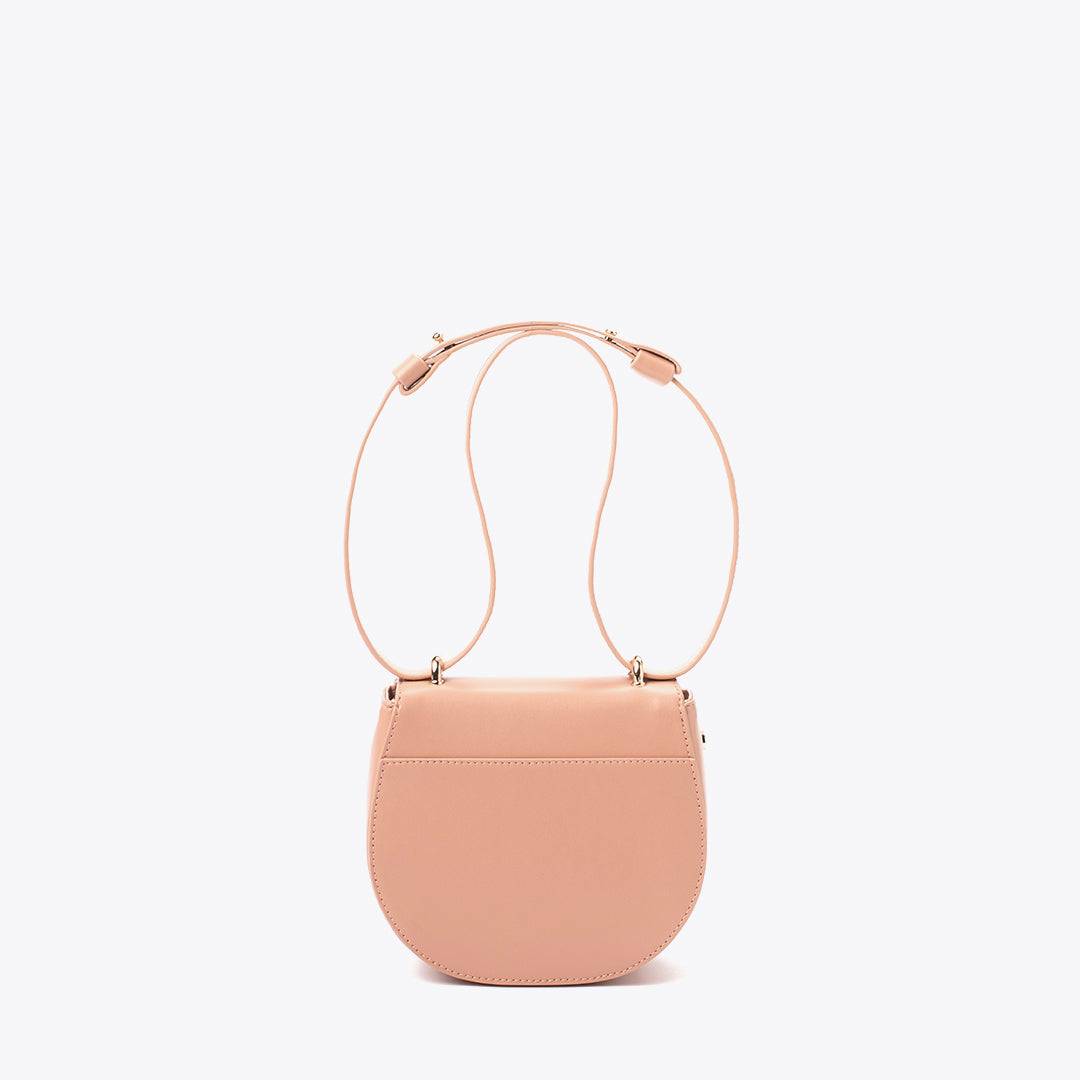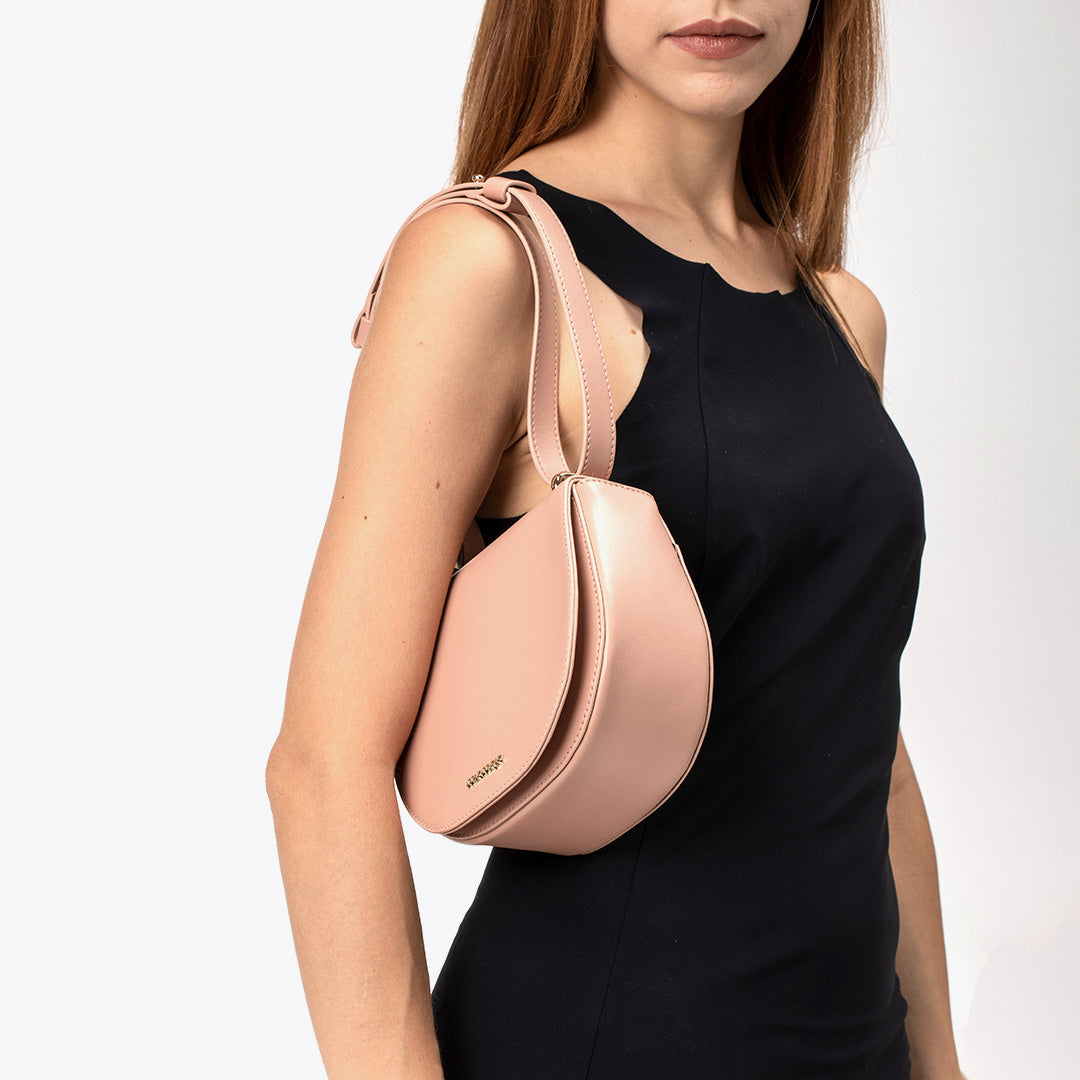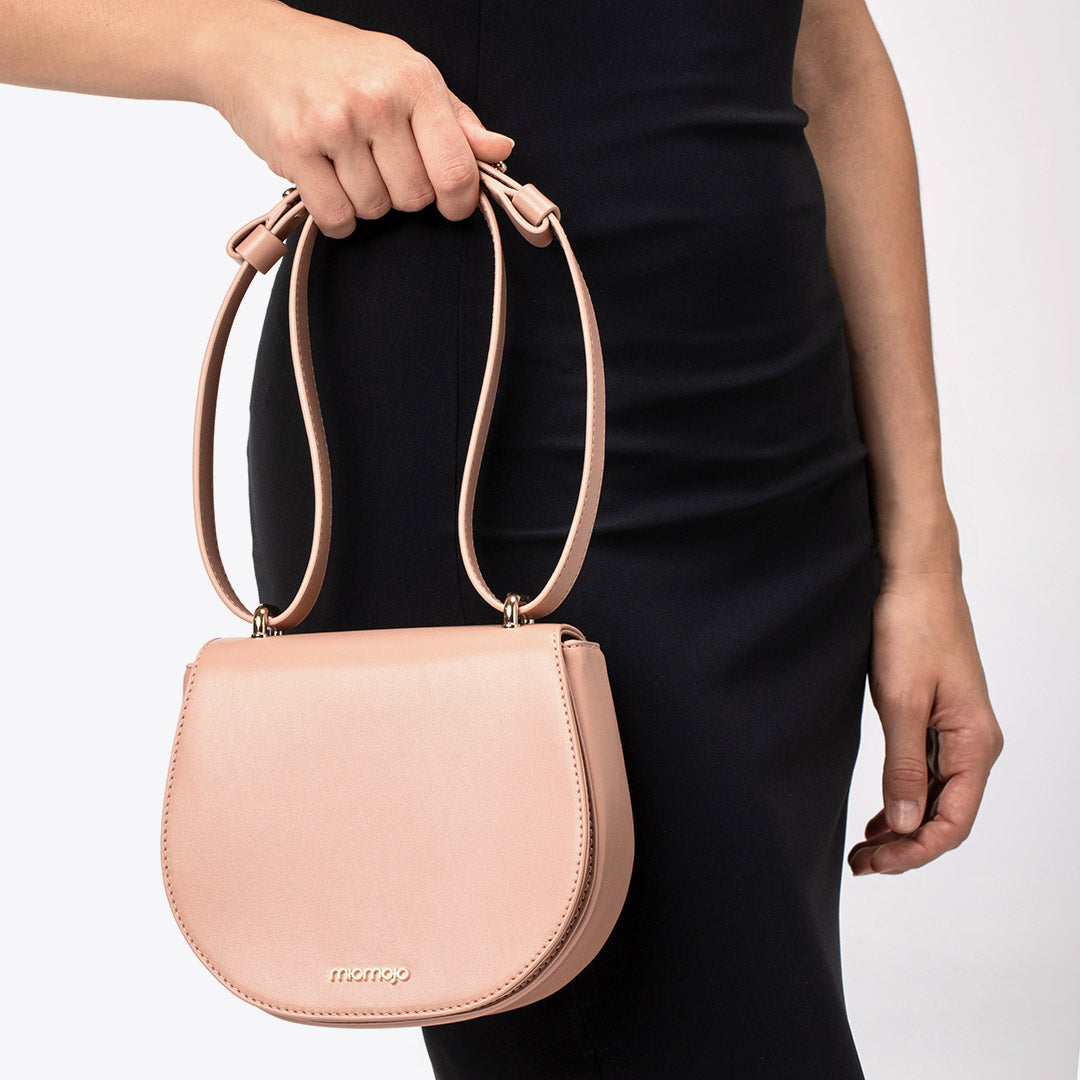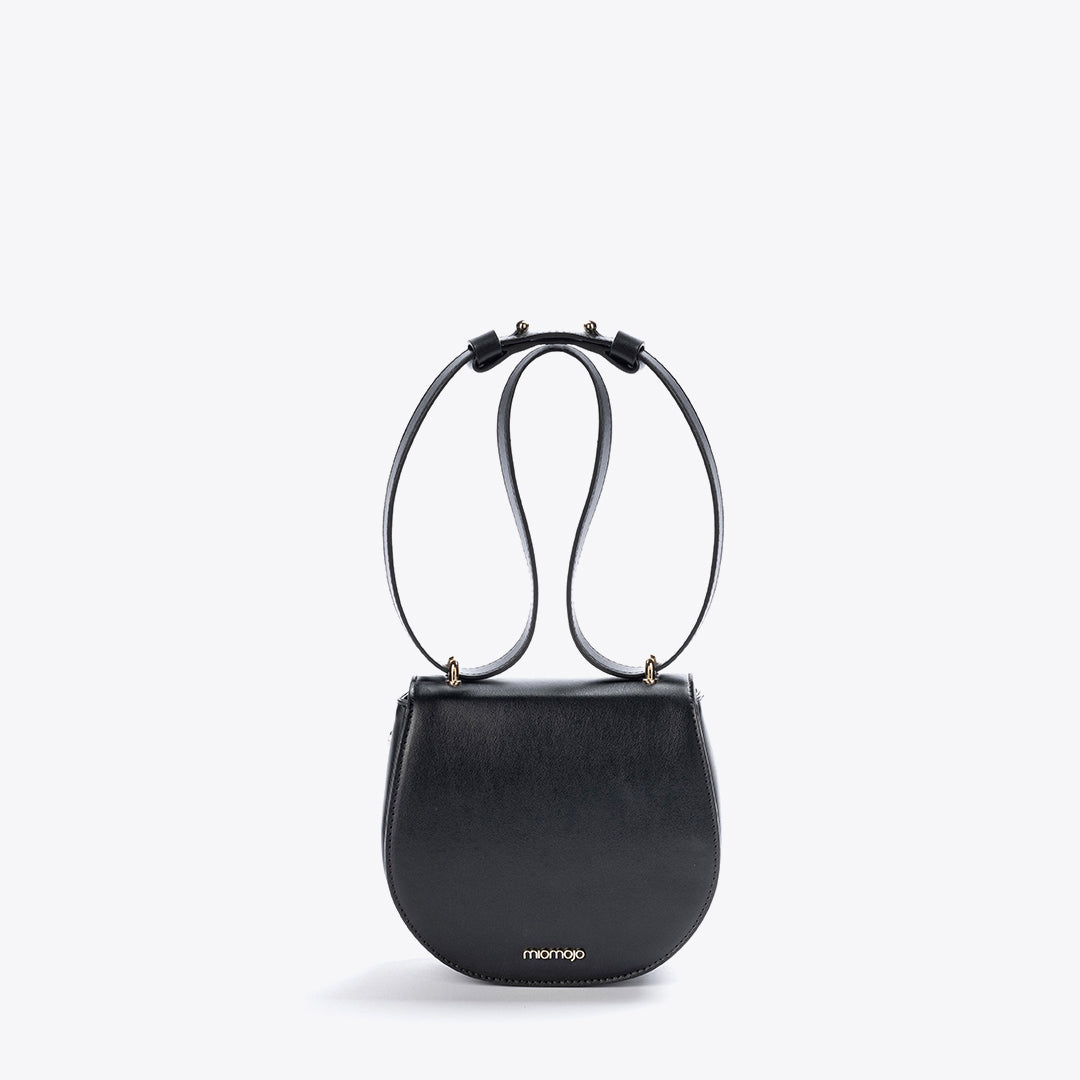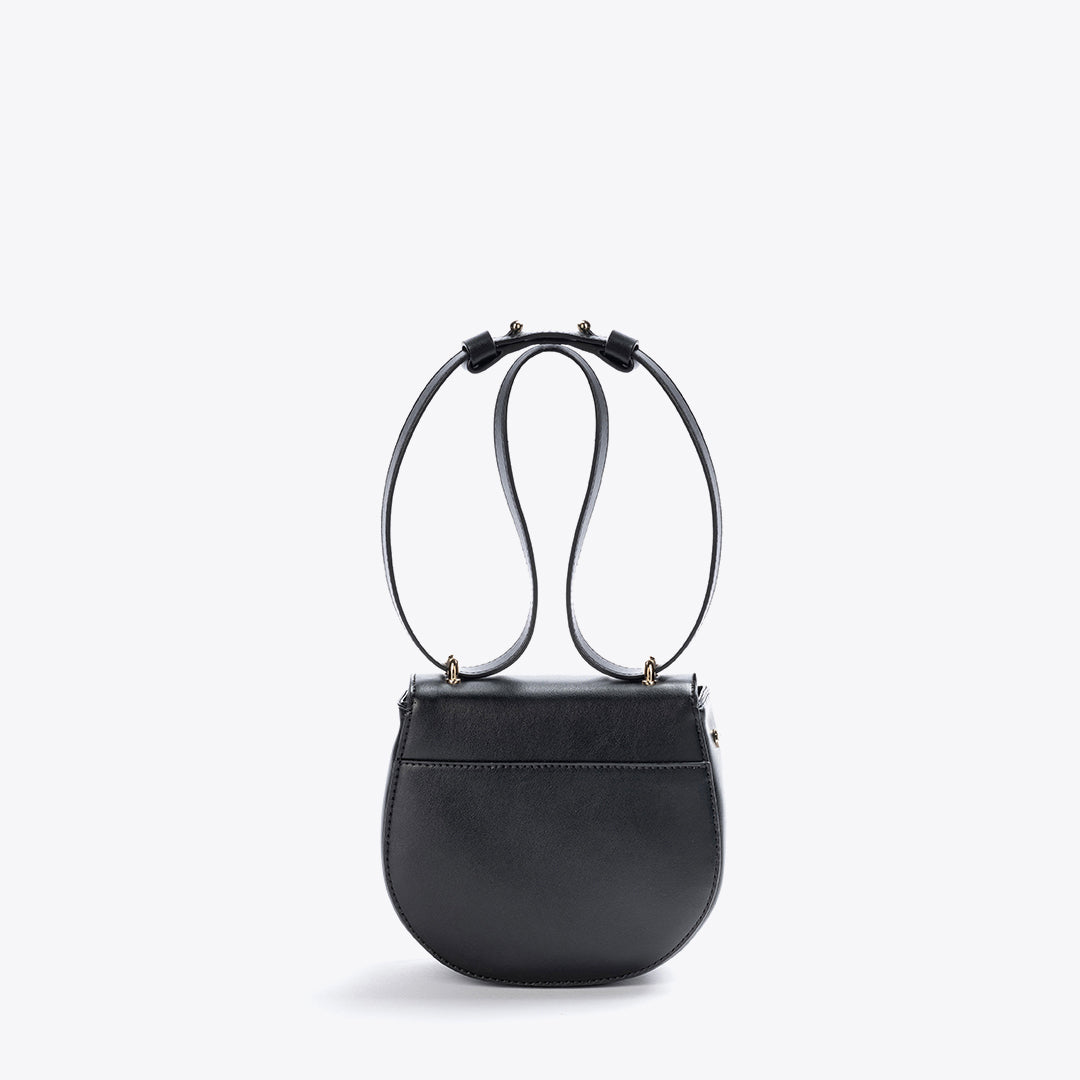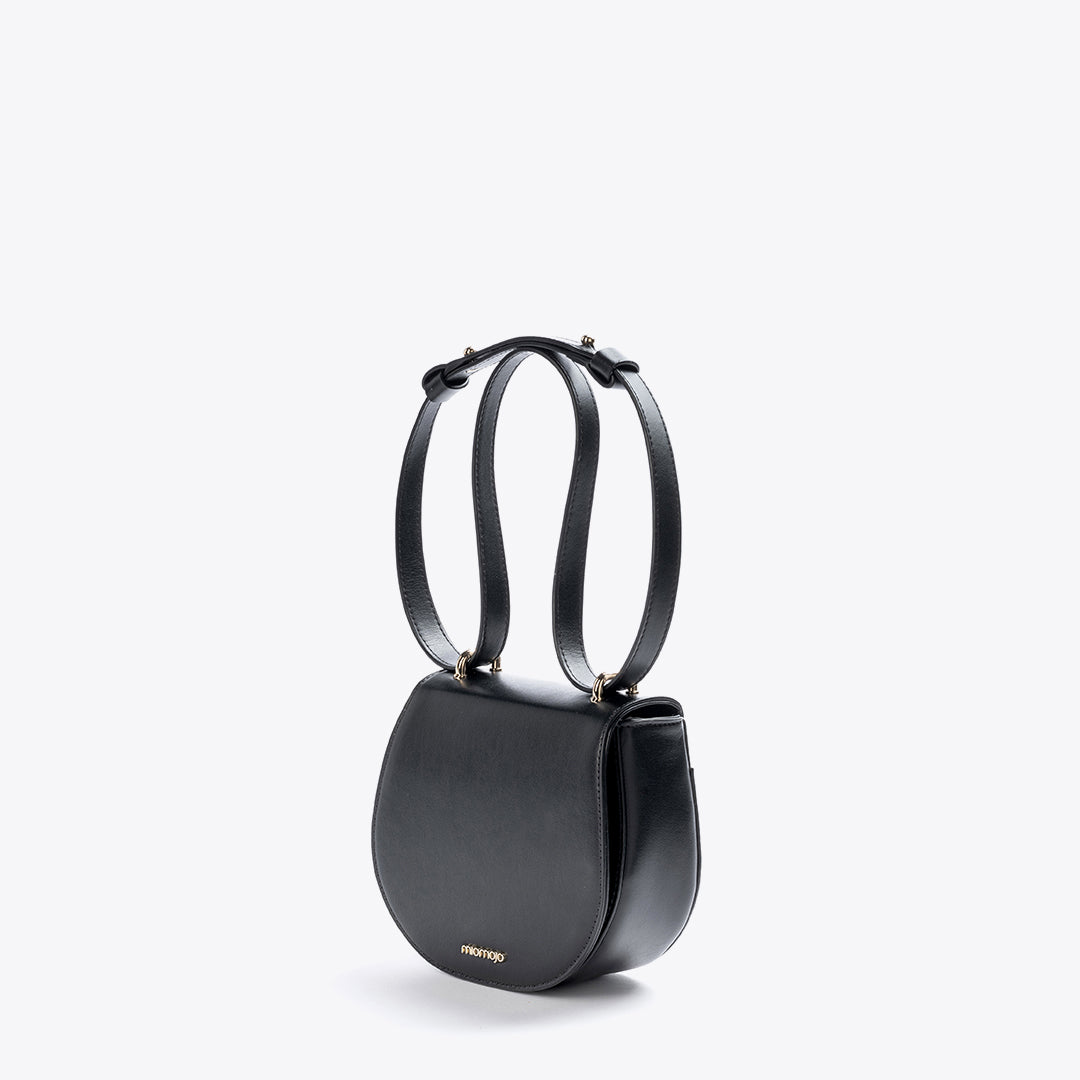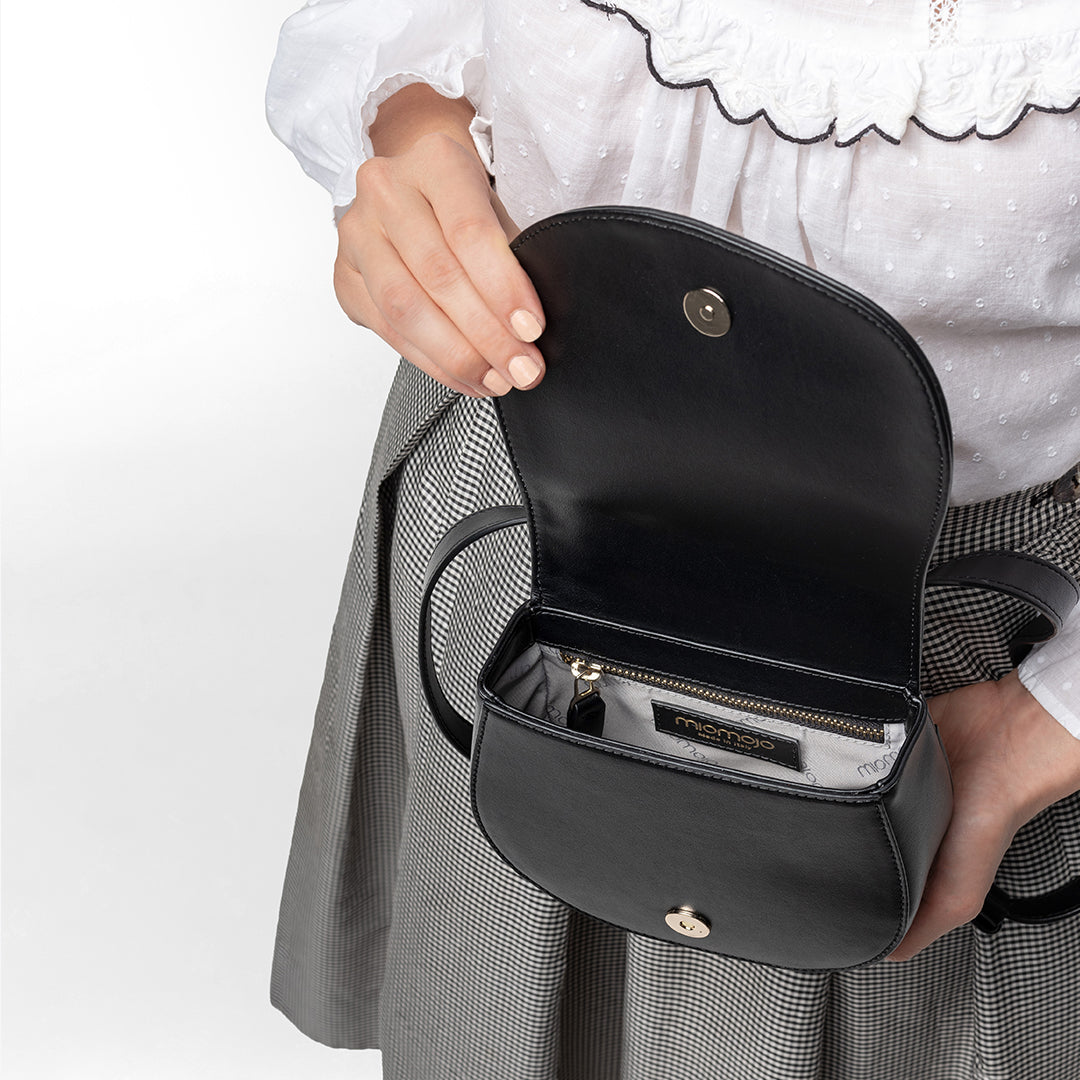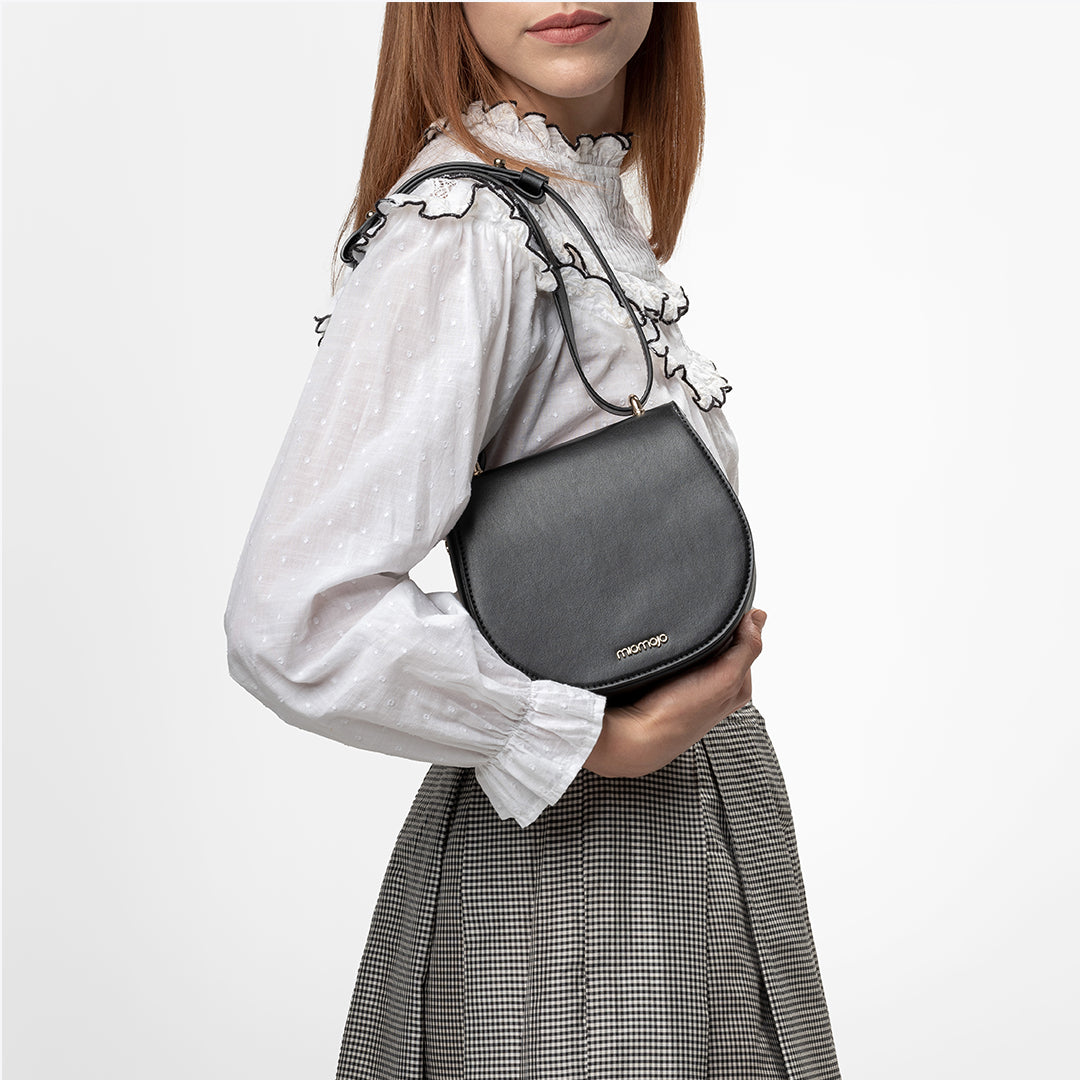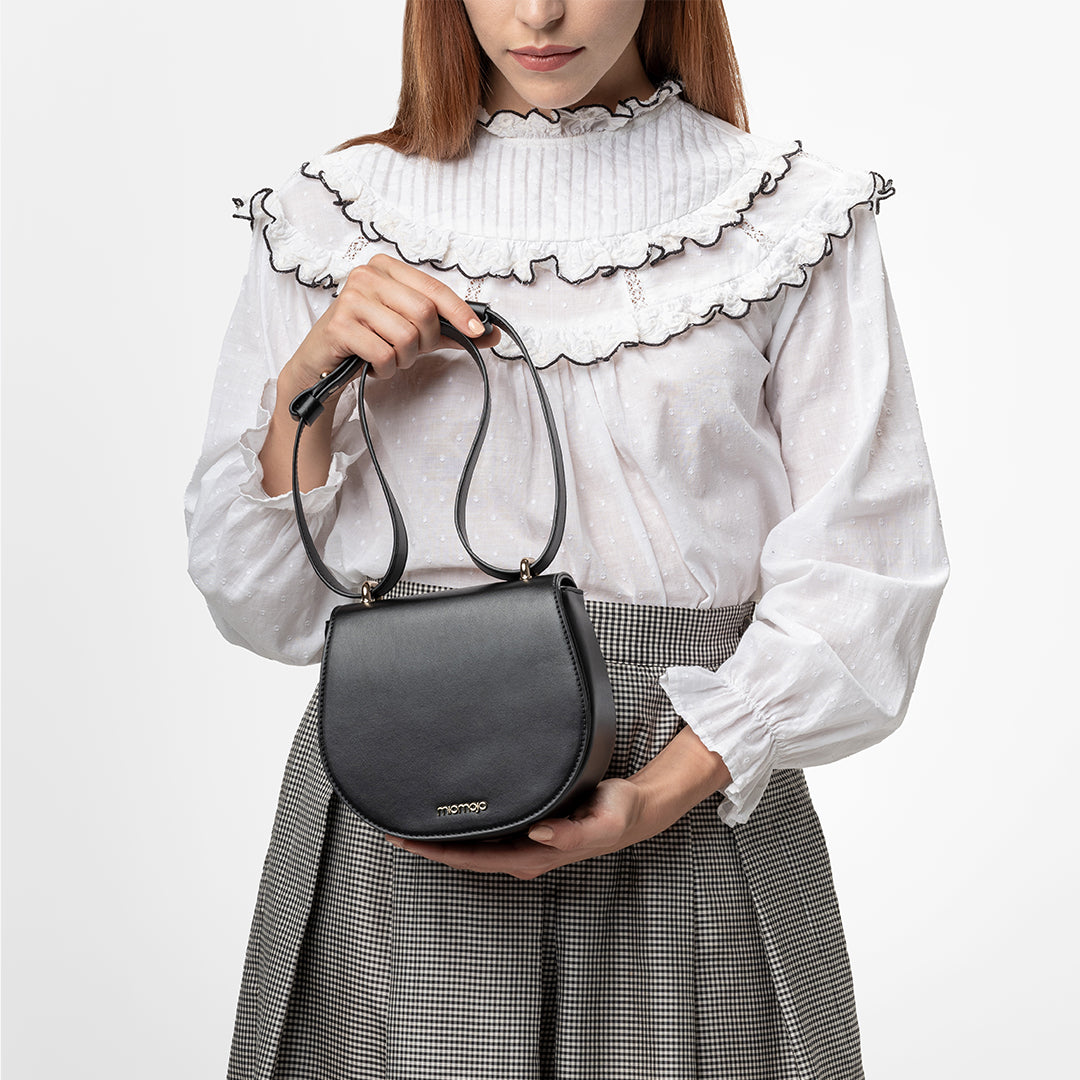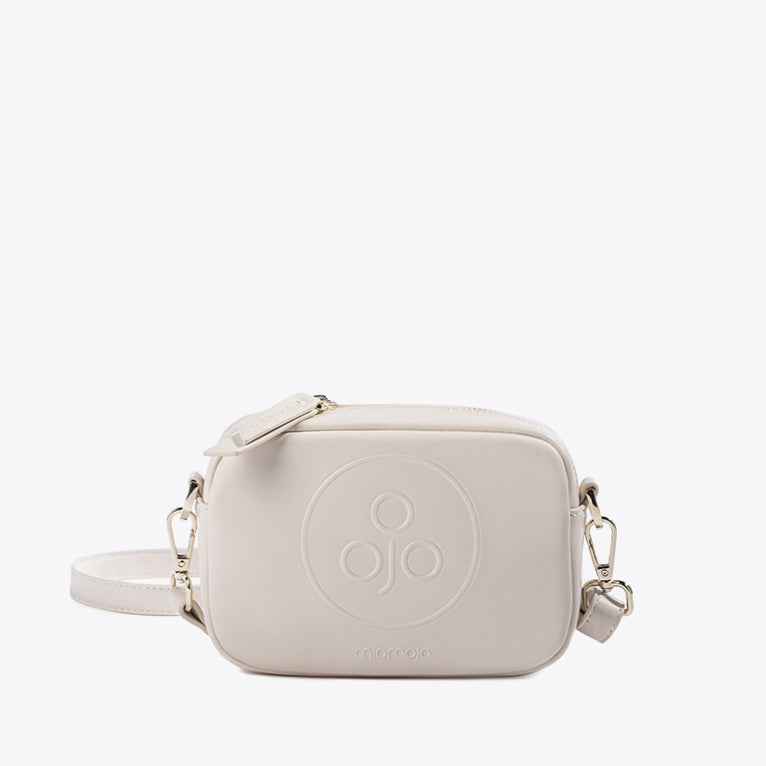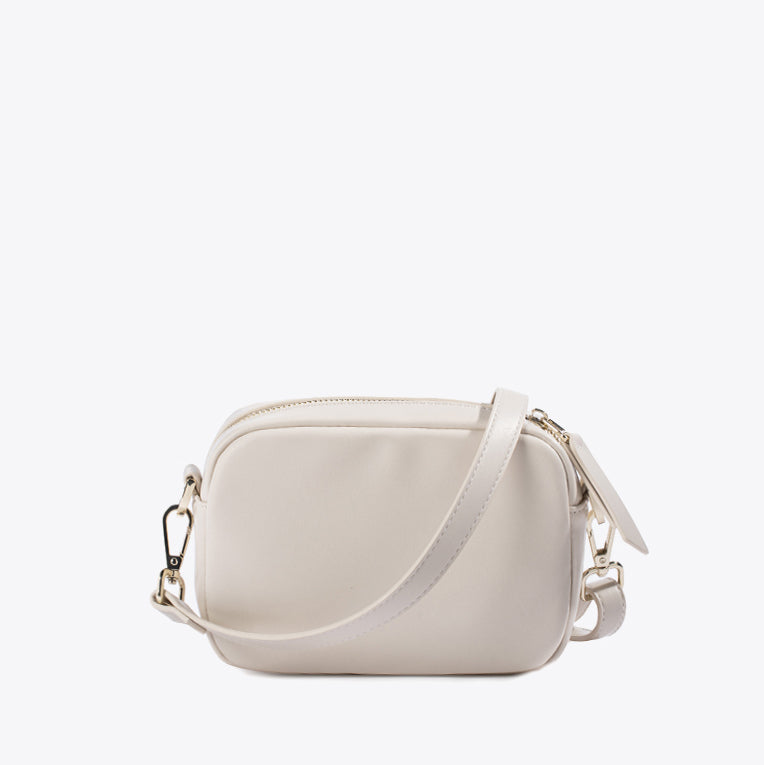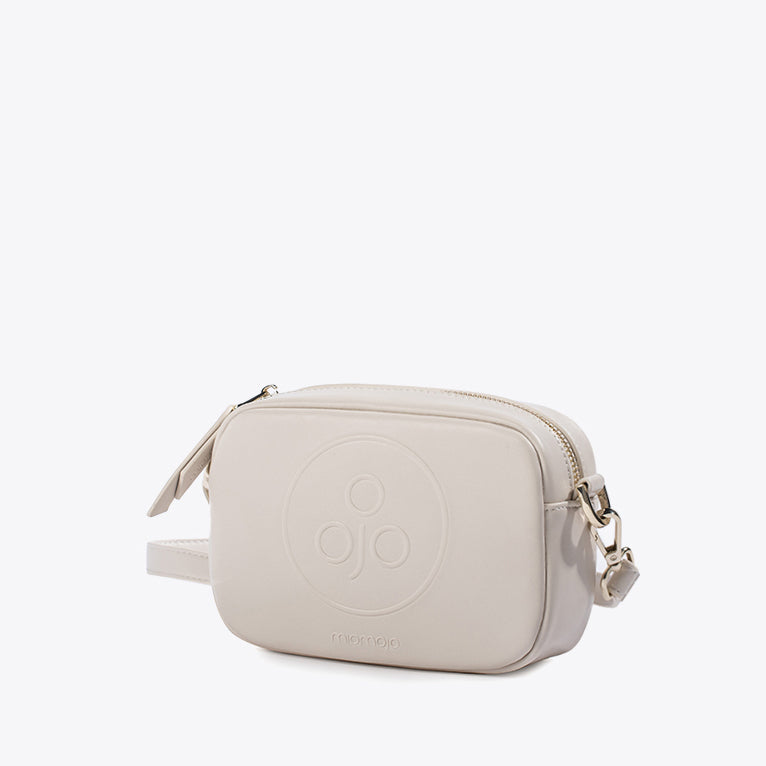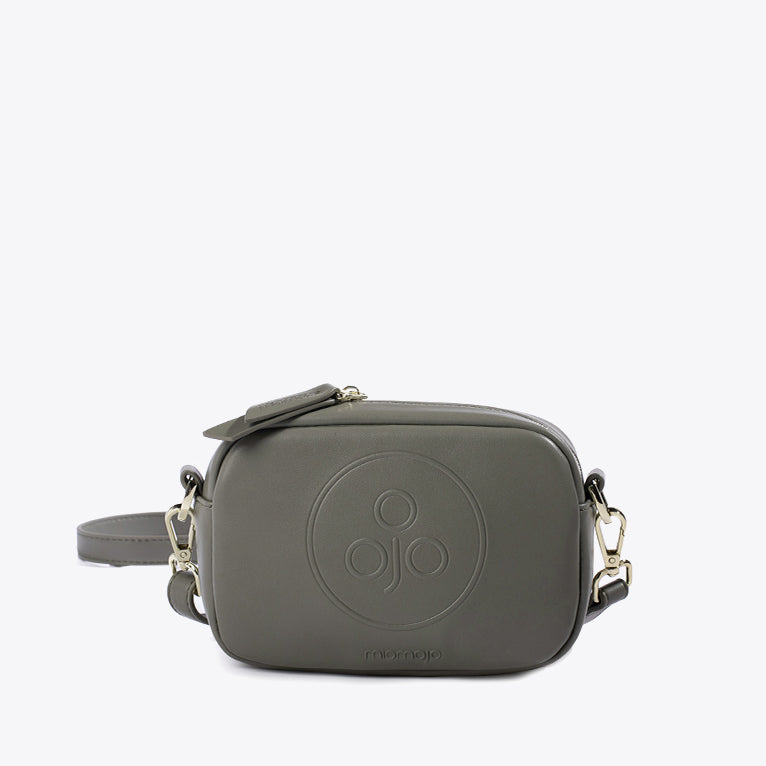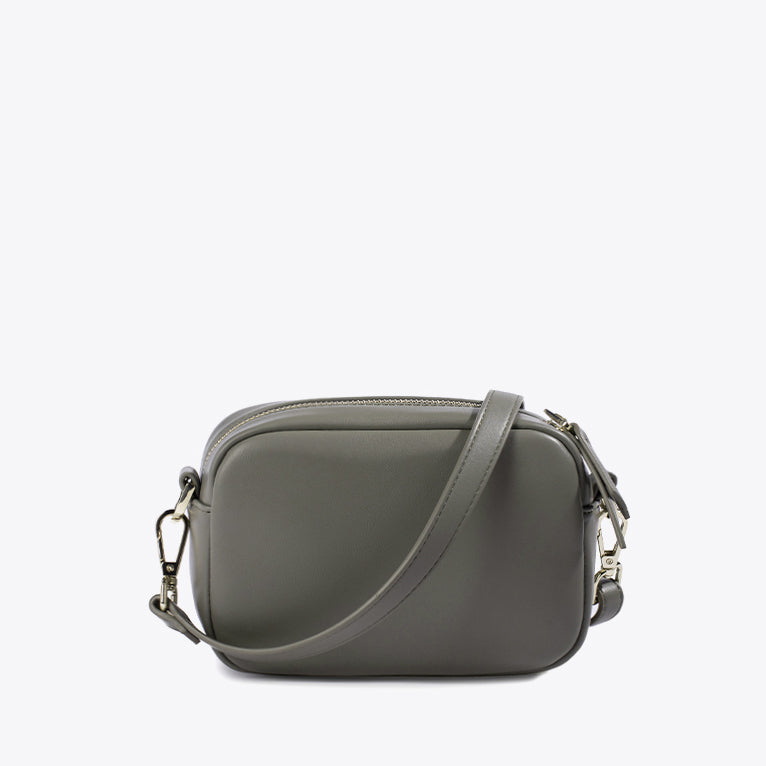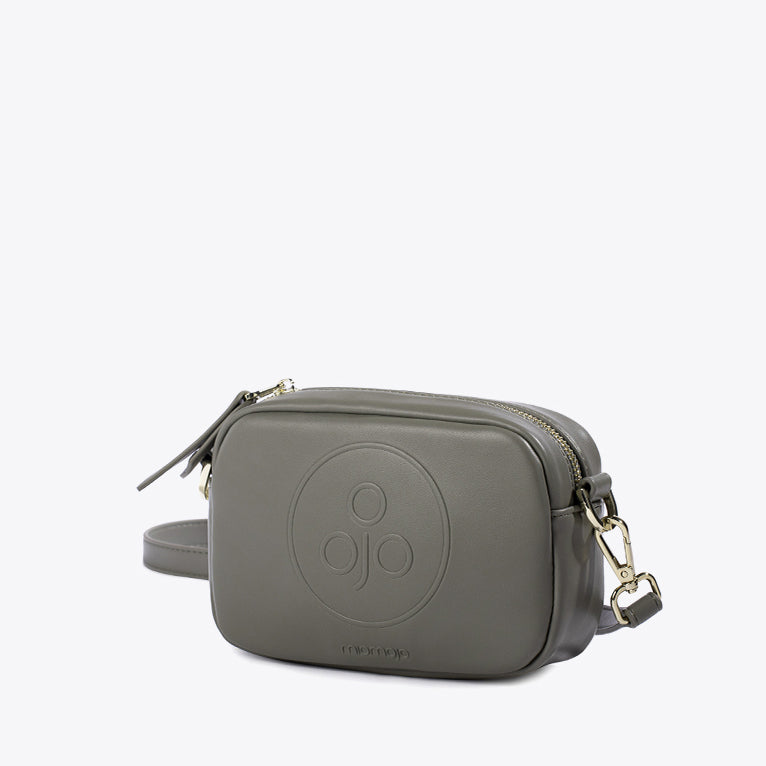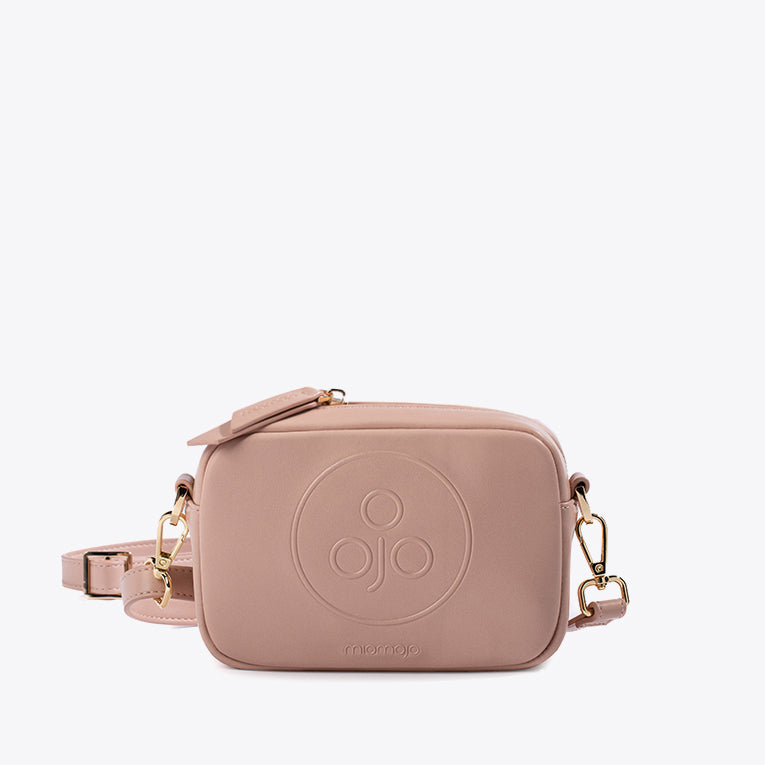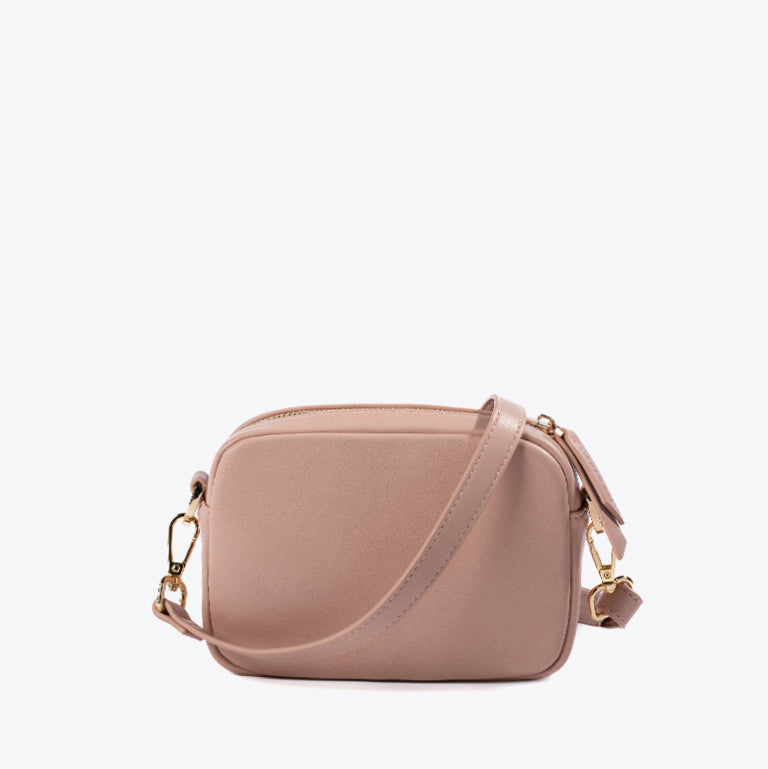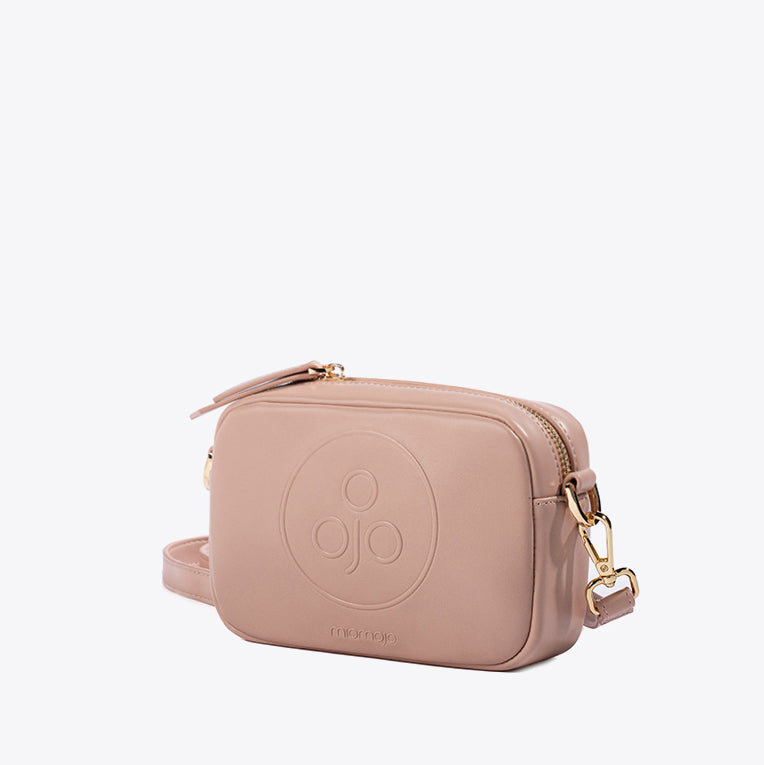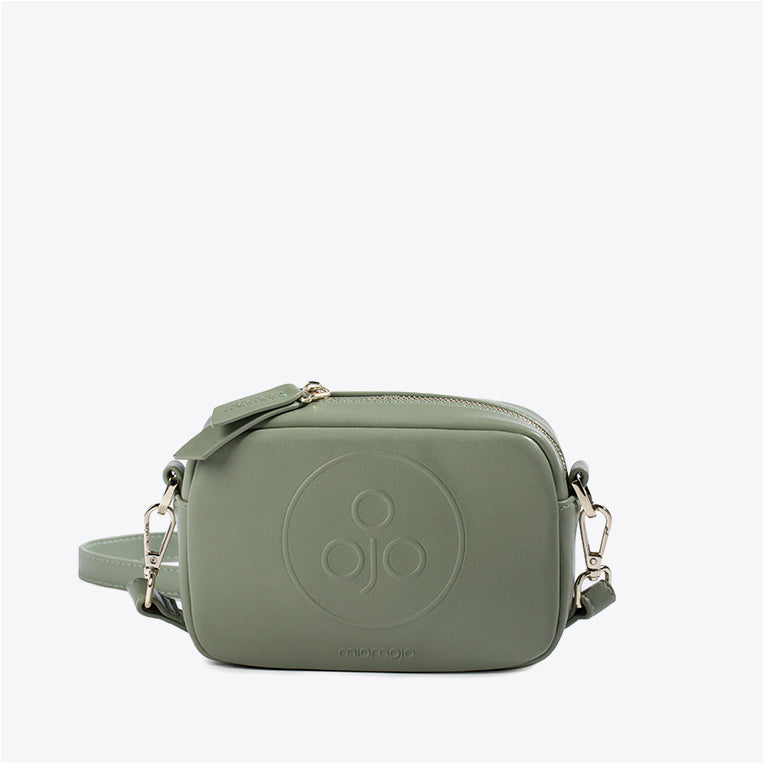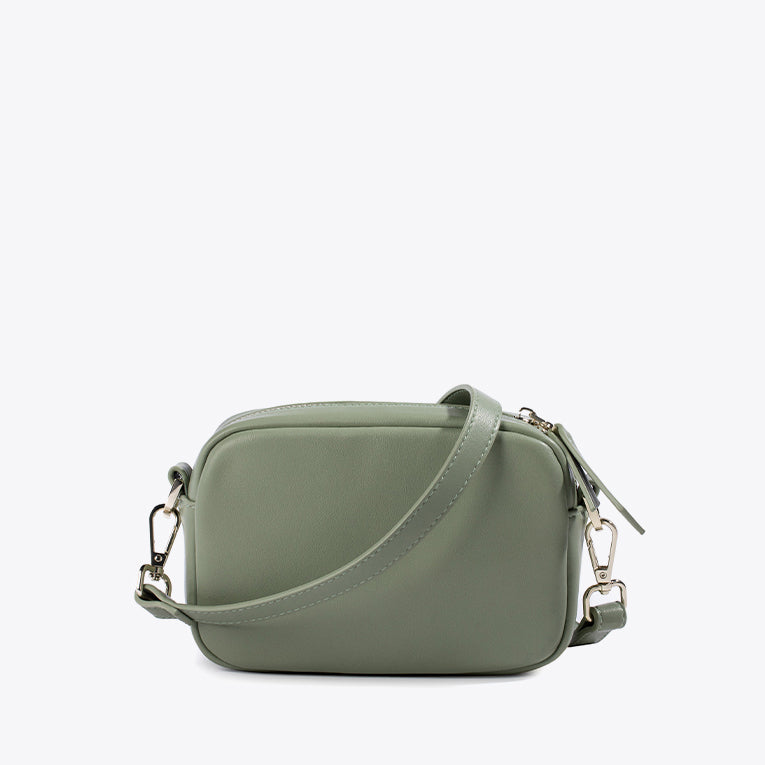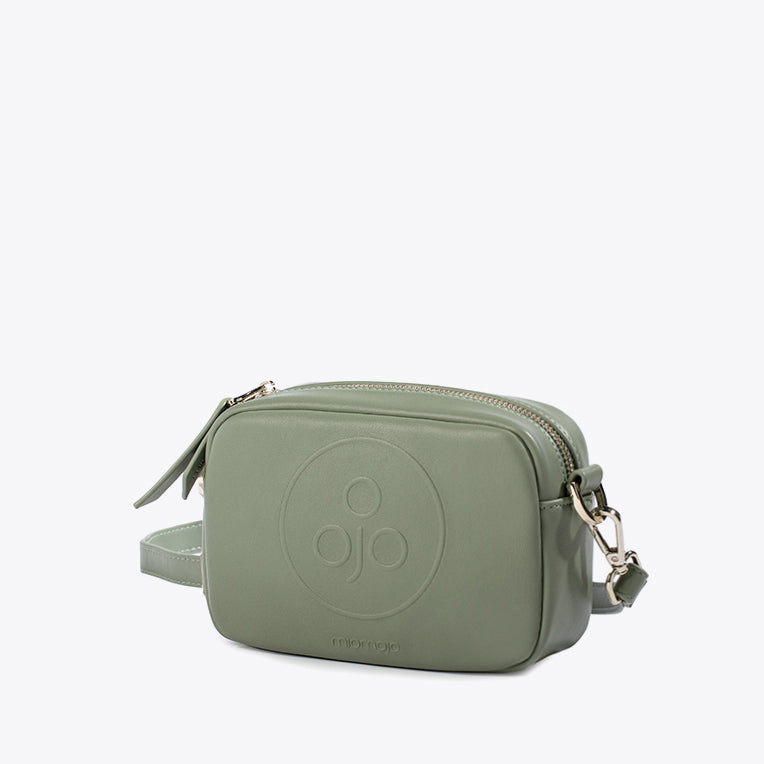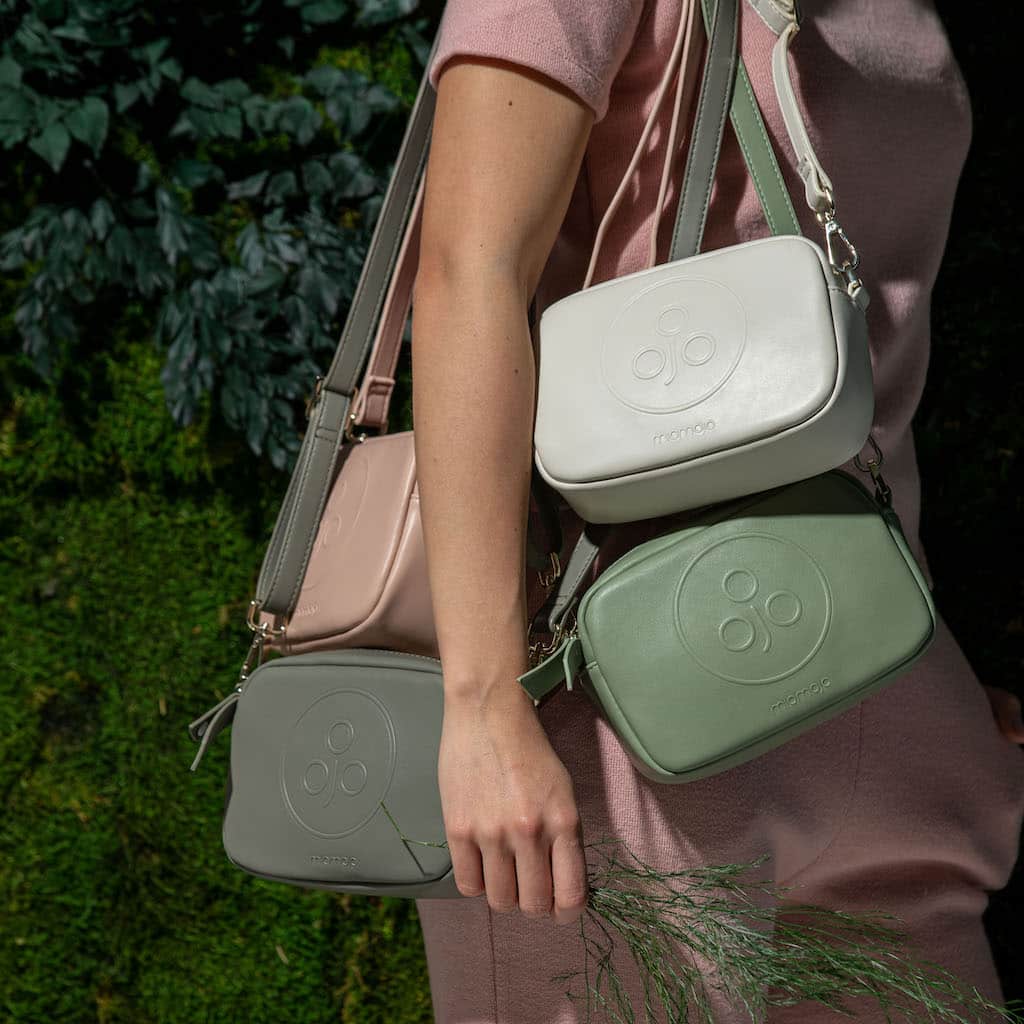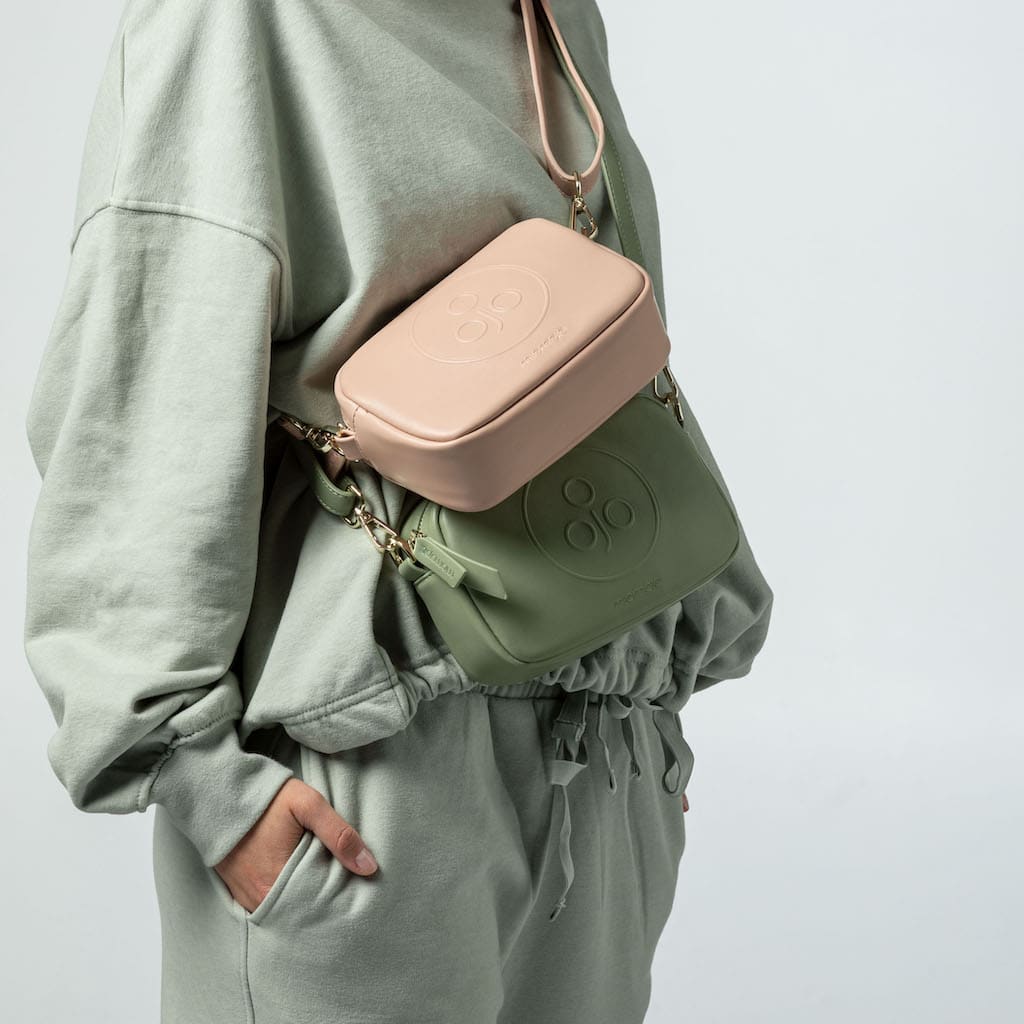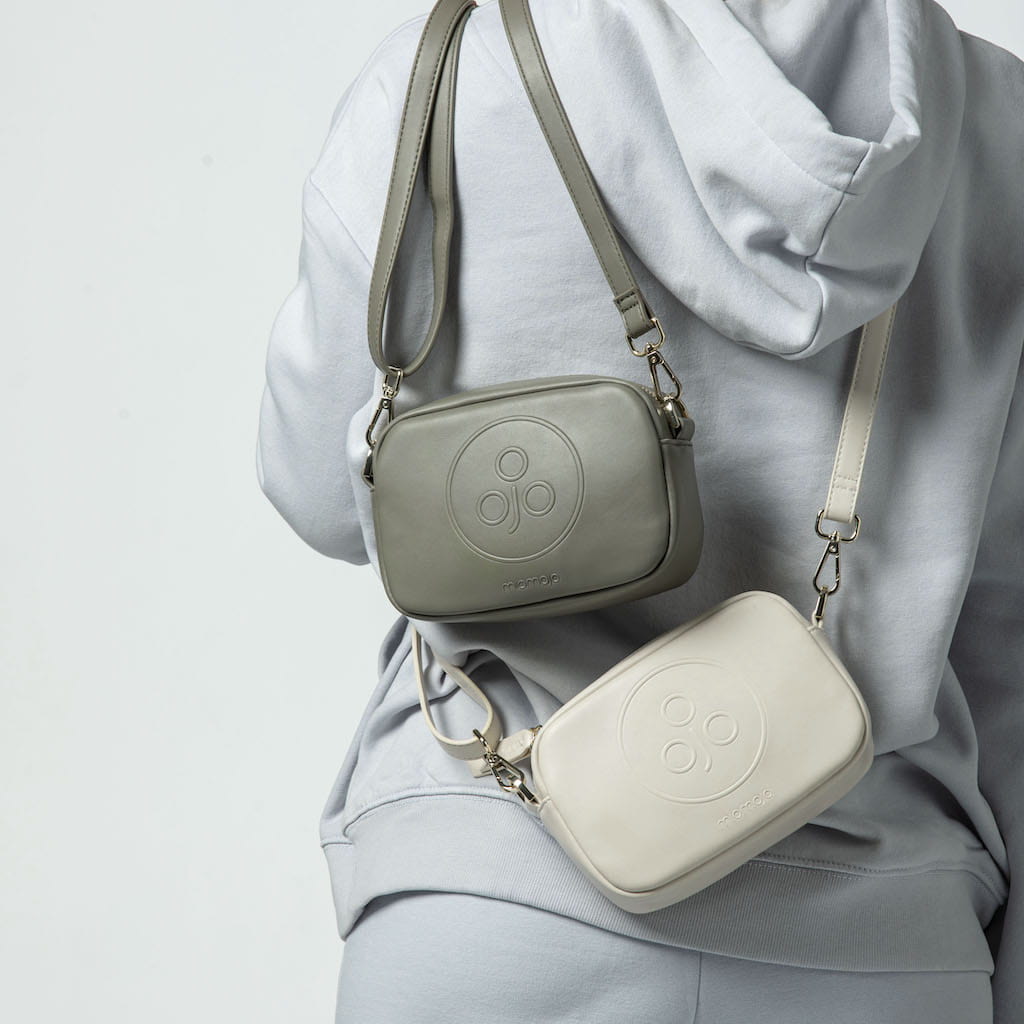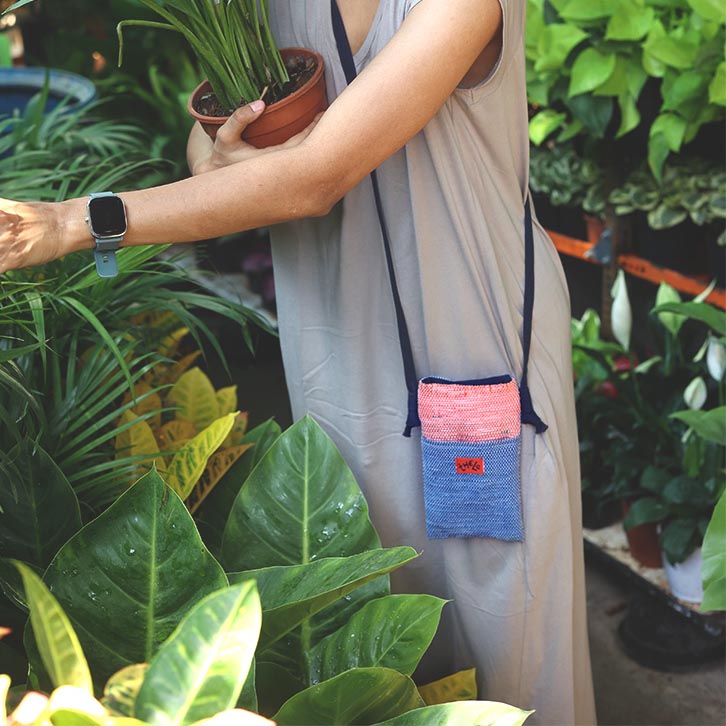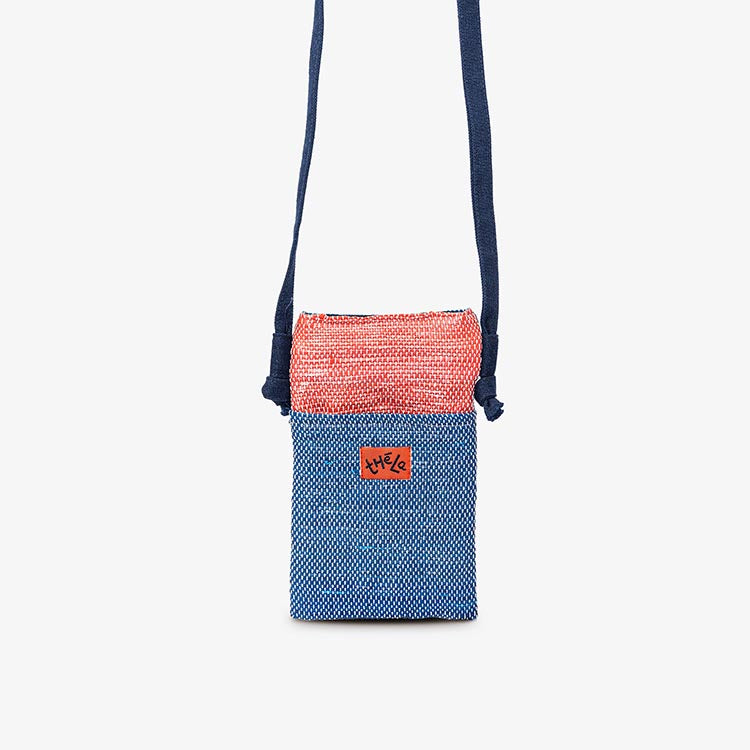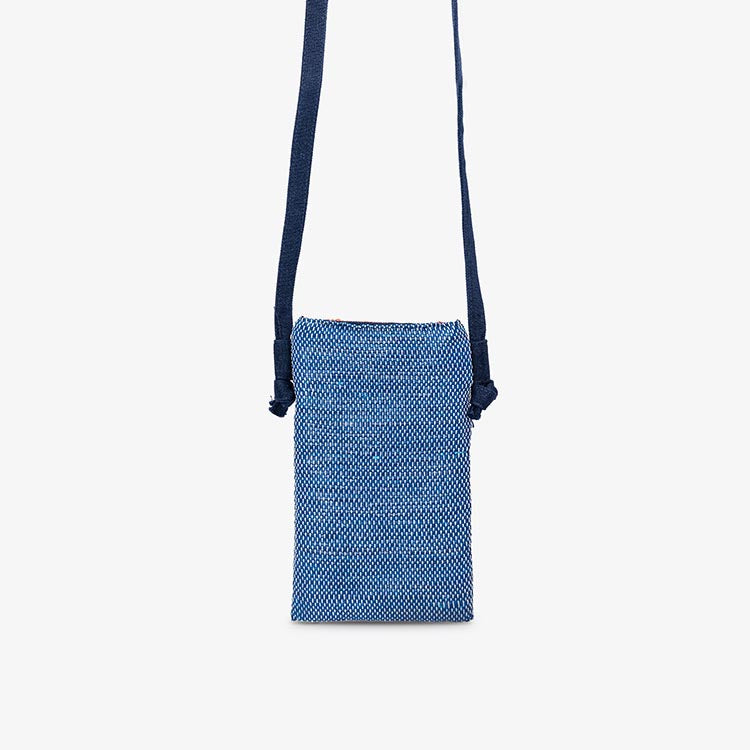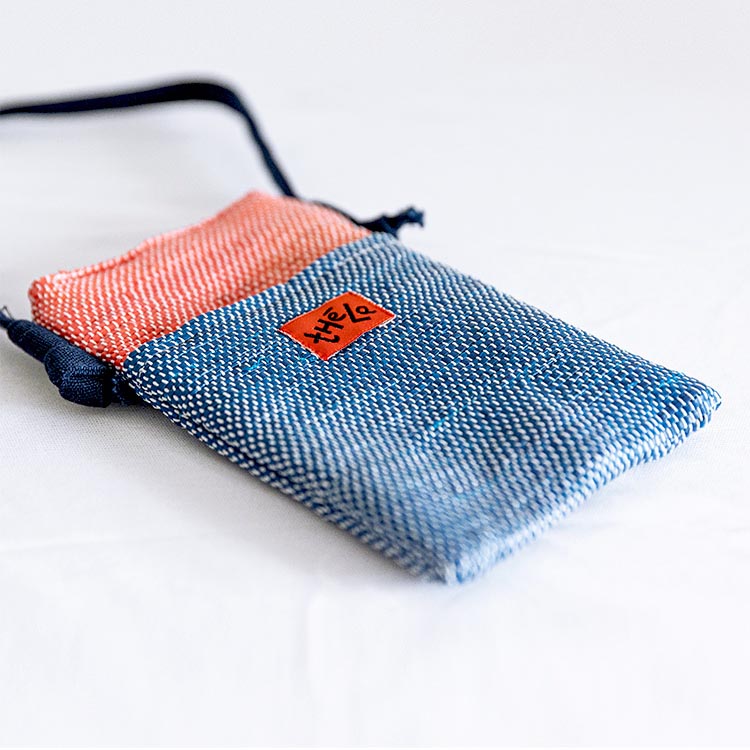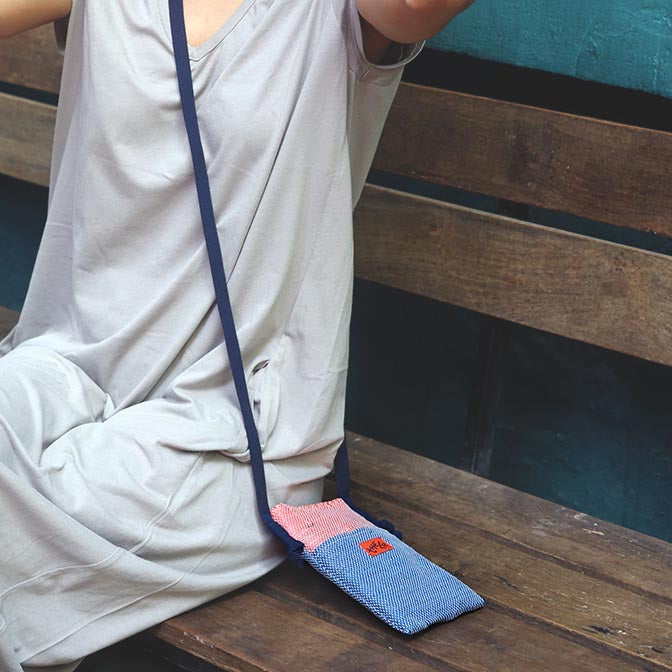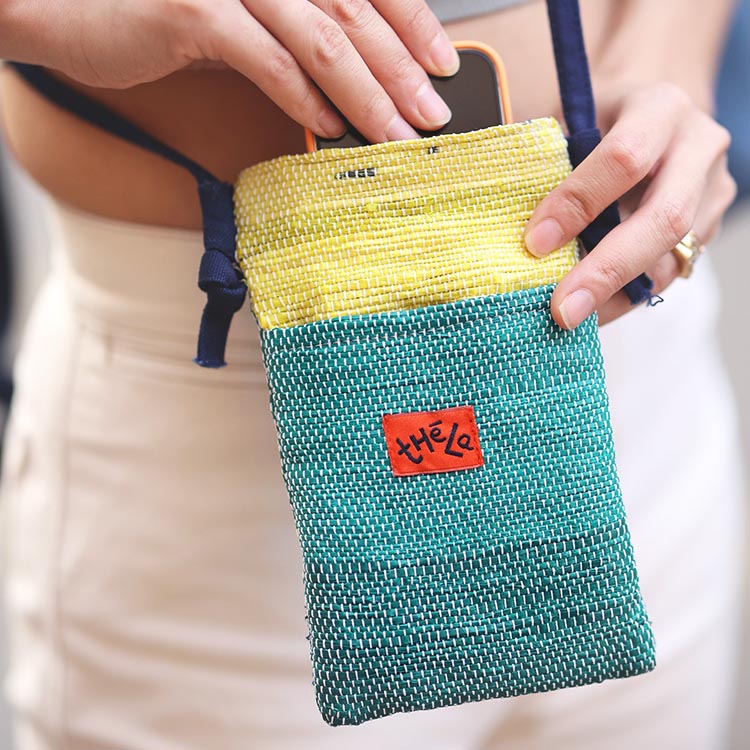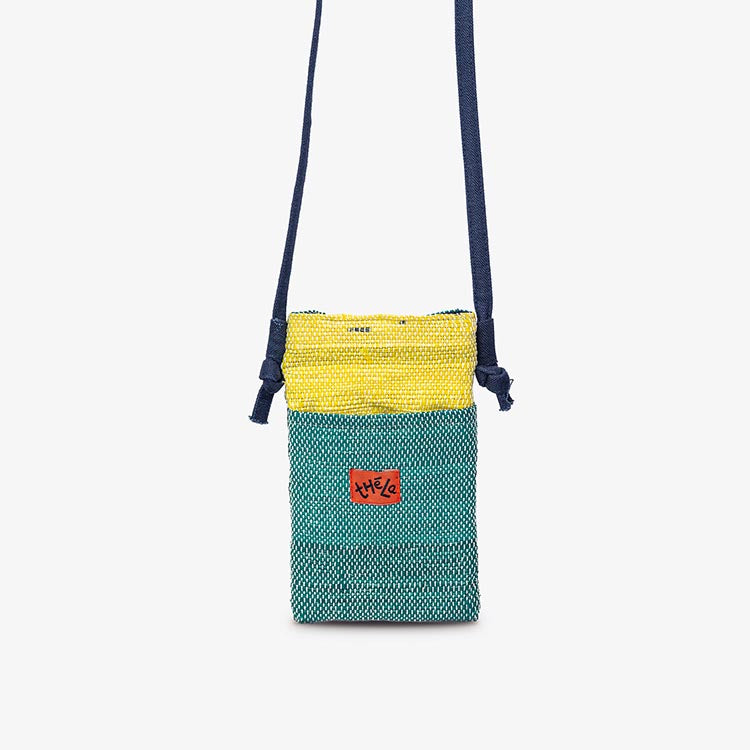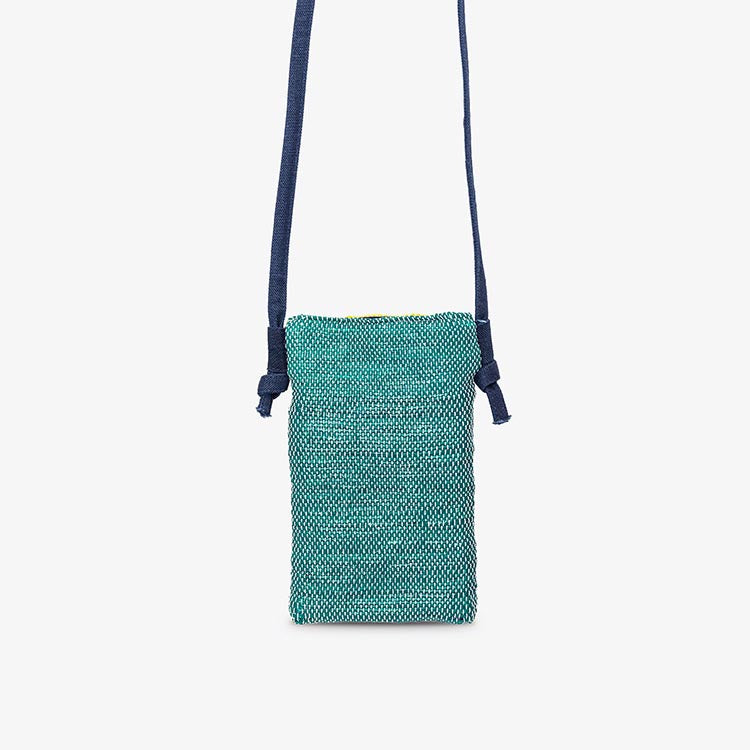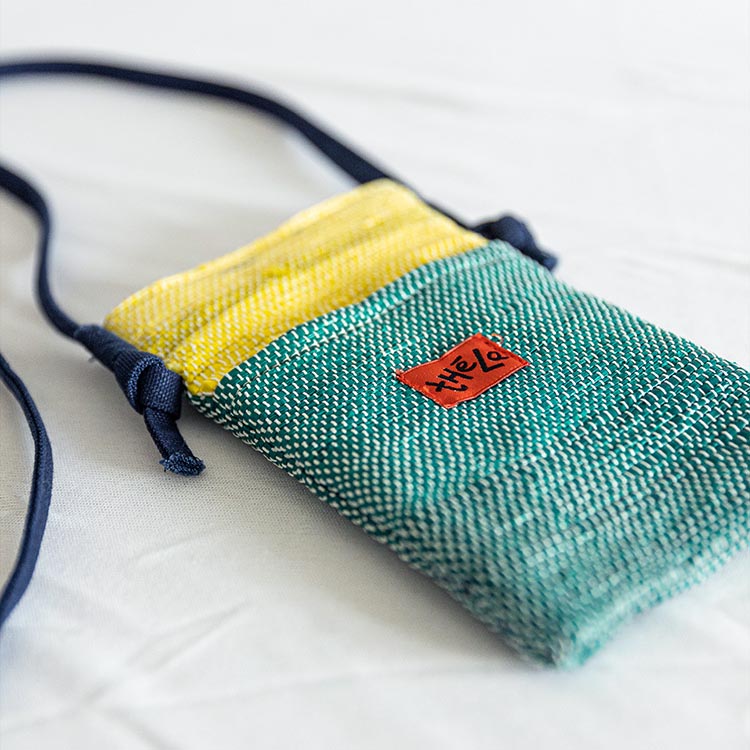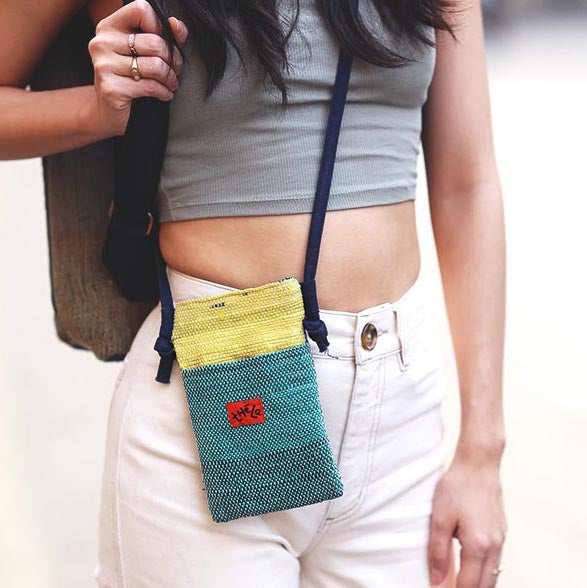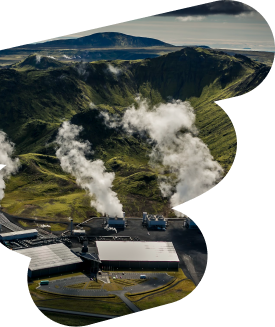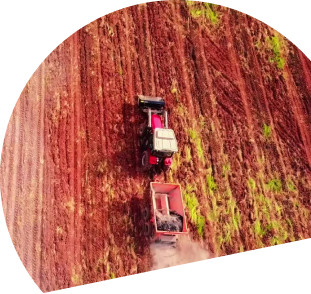[ECO TIPS]
✔︎ Vegan
✔︎ Cruelty-free
✔︎ Animal welfare
✔︎ Upcycle
Made from apples.
Ethics meets aesthetics in our collection made with AppleSkin, an innovative, sustainable and qualitative material, alternative to animal leather, made from apple waste of the food industry.
These bags are made of apples from the Italian region of Trentino Alto Adige, renowned for their great apple plantation. Even better, they’re made from apple waste from the food industry that would have been otherwise destroyed.
Less impact, more style.
Welcome to the future.
[FEATURES]
- Body in AppleSkin
- Lining 100% recycled from plastic bottles
- Metal light-gold zipper
- Miomojo metal details in elegant light-gold finishing, allergy and nickel-free
- 10% goes to animals
[SPECS]
- Size: Height 17cm x Length 21 cm x Depth x 6.5cm
- Colors: RED | BLACK
- Main closure with metal zip
- 1 outside back pocket for easy access
- 1 inside zipped pocket
- Detachable shoulder handle in high quality webbing
- Handle drop min 43 cm - max 60 cm
- Designed and made in Bergamo, Italy
[CARE INSTRUCTIONS]
- Do not machine wash
- Do not bleach
- Do not tumble dry
- Do not iron
- Do not dry clean
- Clean with a soft, damp cloth
- Do not use chemicals or solvents
- Store the product in its original dust bag
- Store in a cool, dry place, away from heat, direct sunlight and moisture
- APPLE SKIN -
[Production process]
A by-product of the apple juice industry:
• Apple discards feed-stock is dried and minced.
• The obtained apple powder is mixed with a polyurethane and dye compound.
• The resulting mixture is then coagulated onto textiles and then coated to obtain color and texture.
[Composition]
26% Apple | 38% Polyurethane (PU) | 20% PET polyester | 16% Cotton
Lining: 100% RPET (Recycled PET polyester)
[Environmental impact]
AppleSkin is a vegan and sustainable alternative to animal leather.
- This material has excellent yield and remarkable performance.
- Withstands water and sunlight and lasts up to 8 years without any sign of wasting, like synthetic leathers on the market.
- This innovative material perfectly replaces similar materials (petroleum derivatives) but with 100% organic waste.
- The carbon footprint of polyurethane is about 5,28 kg CO2 eq/kg PU compared to apple waste recovery, considered to have zero impact instead: this leads to a saving of 5,28 kg CO2 for every Kg of apple waste used to replace the PU.
